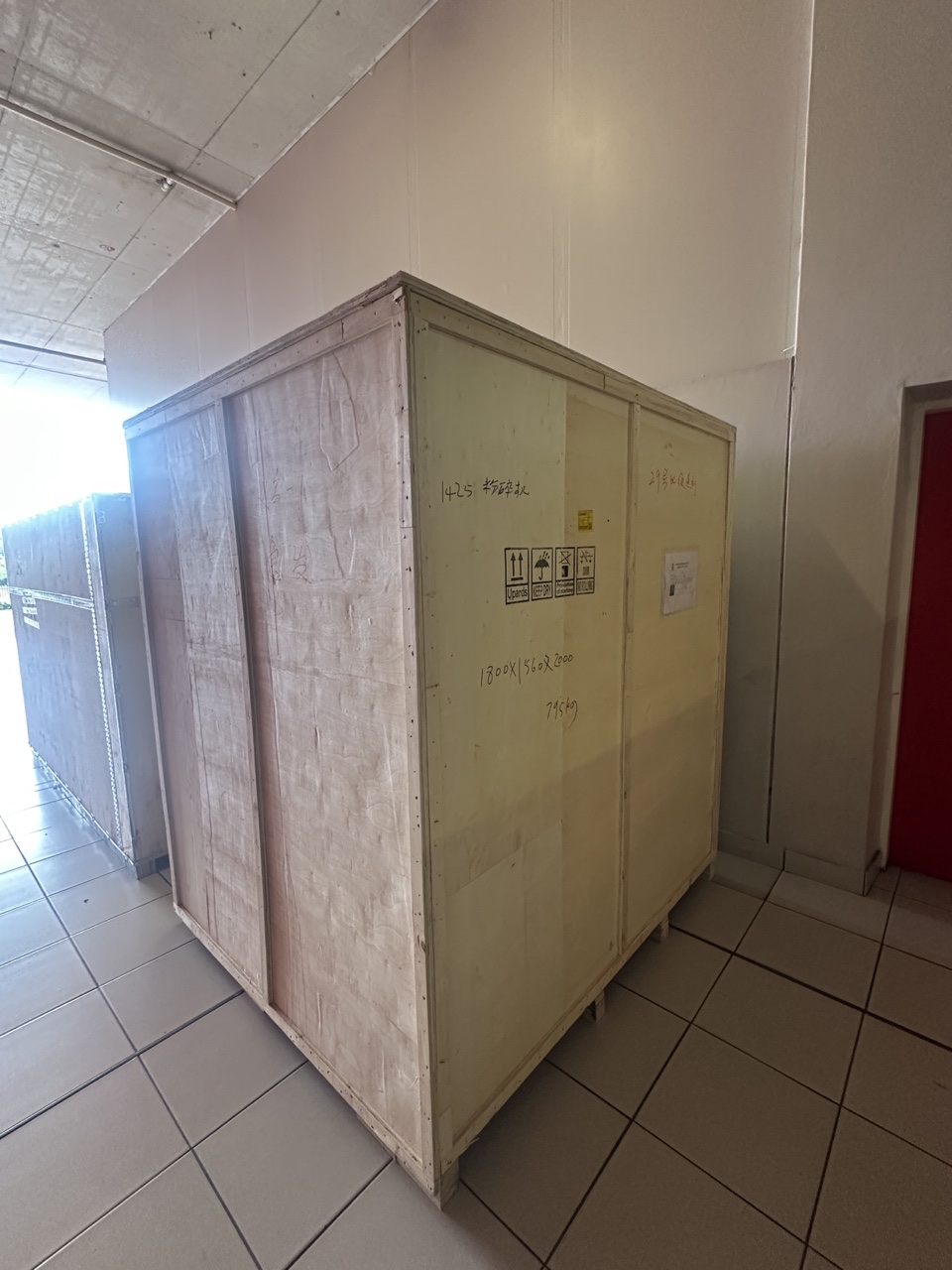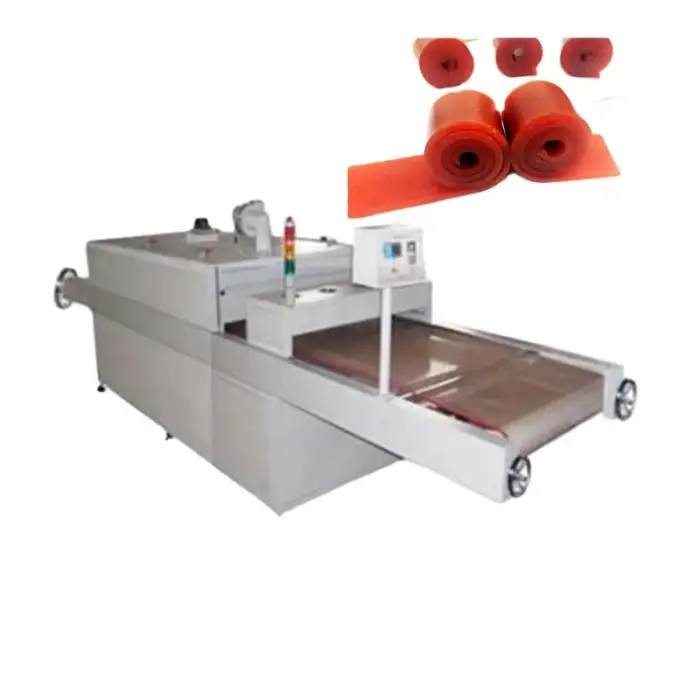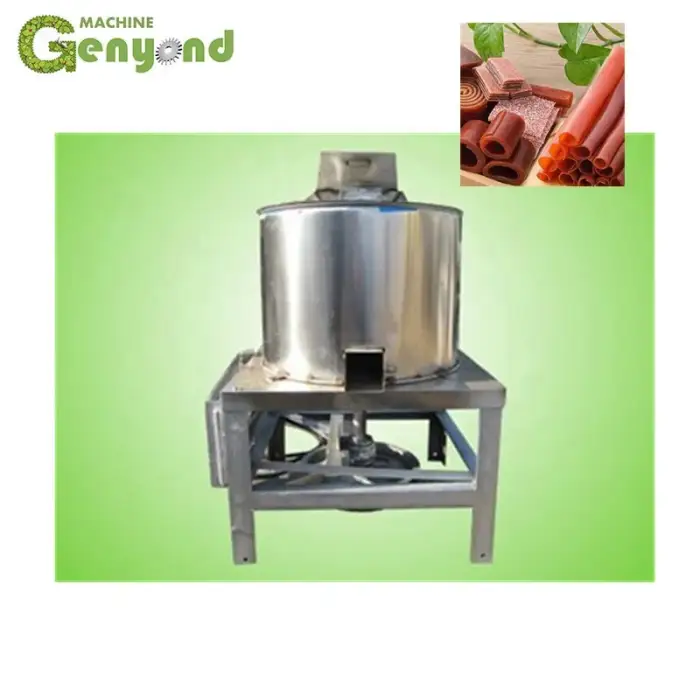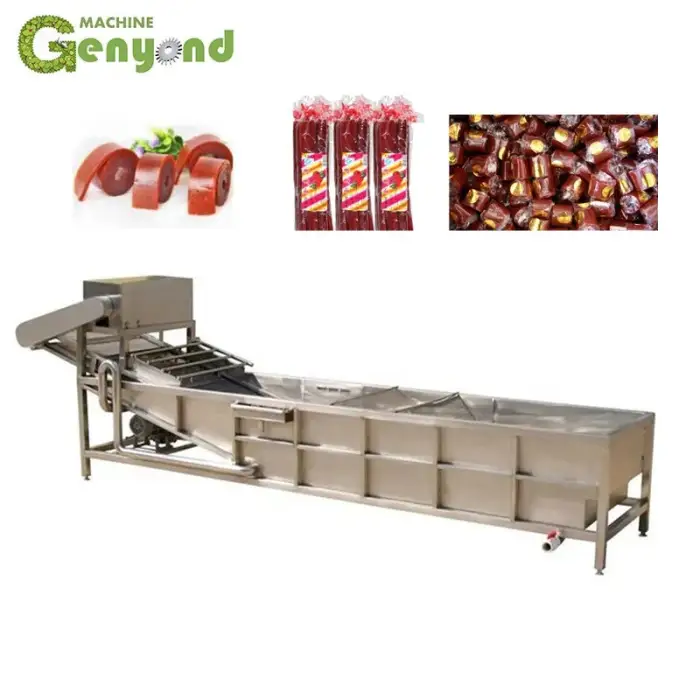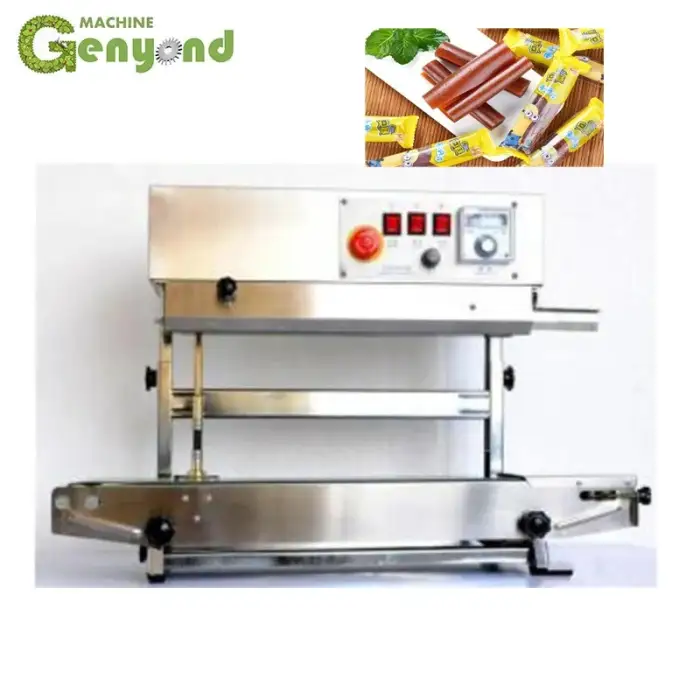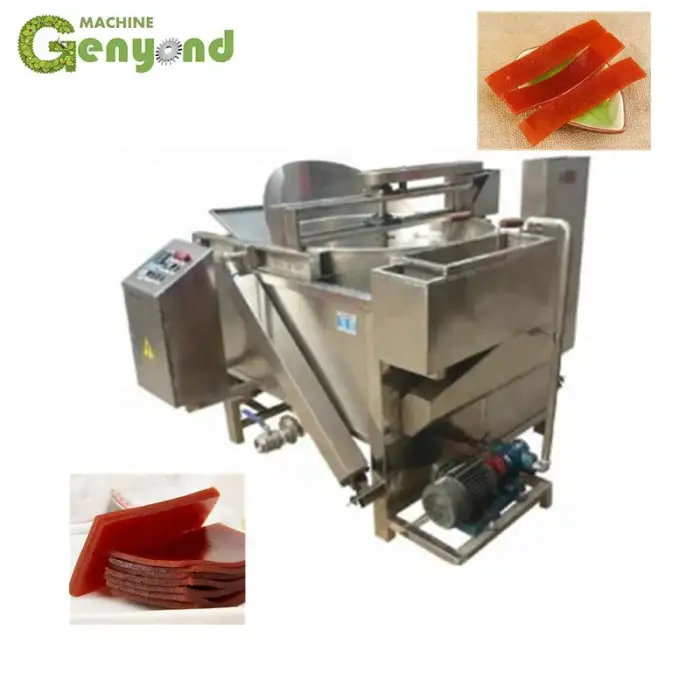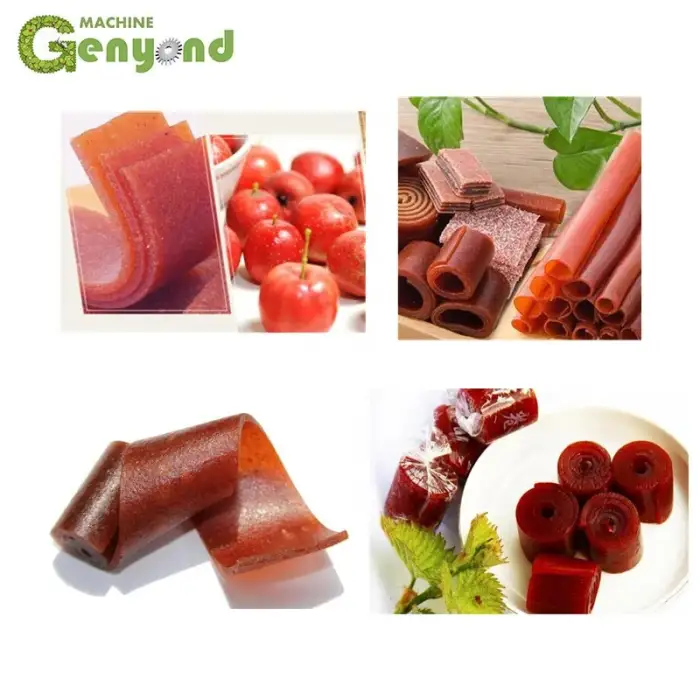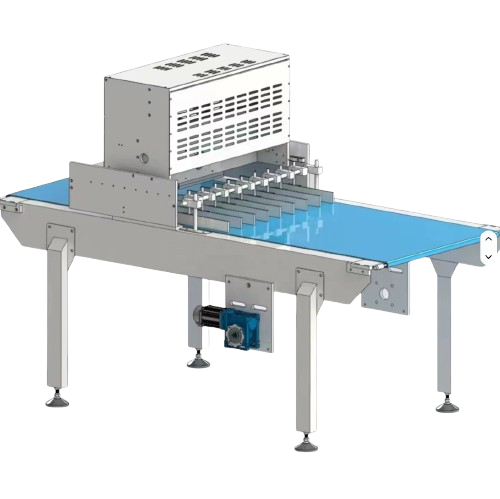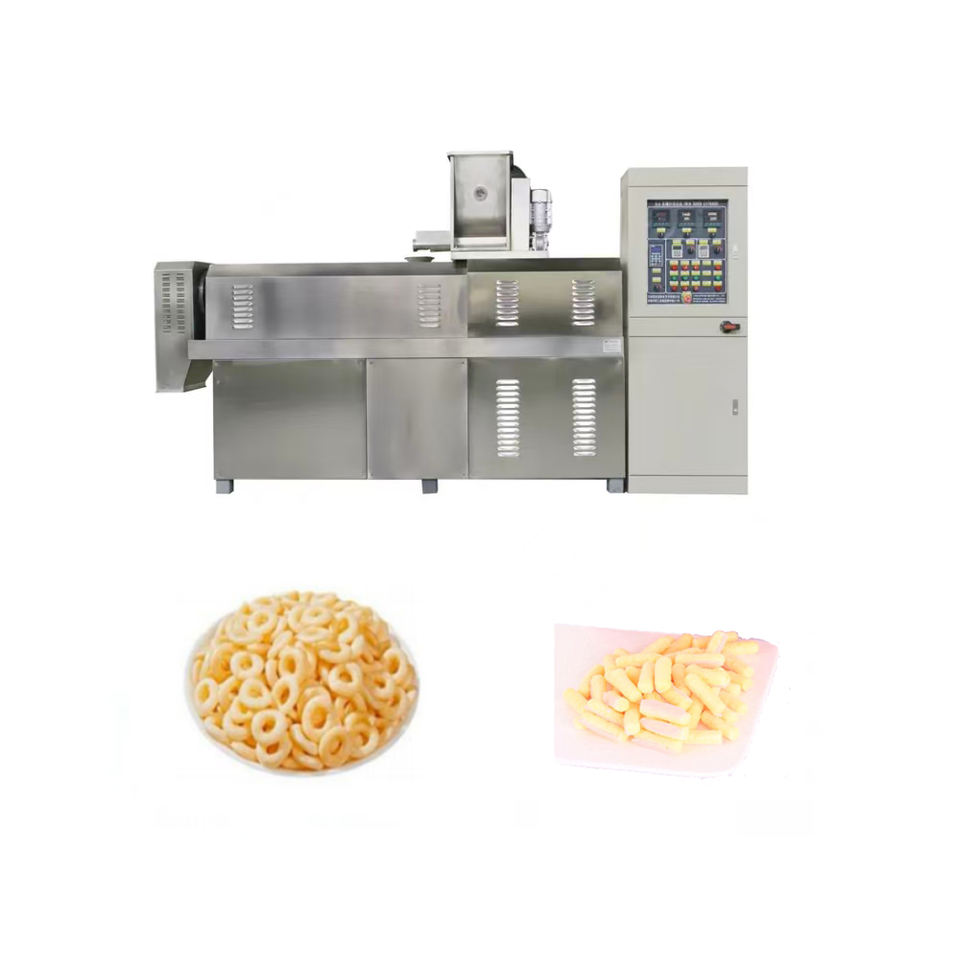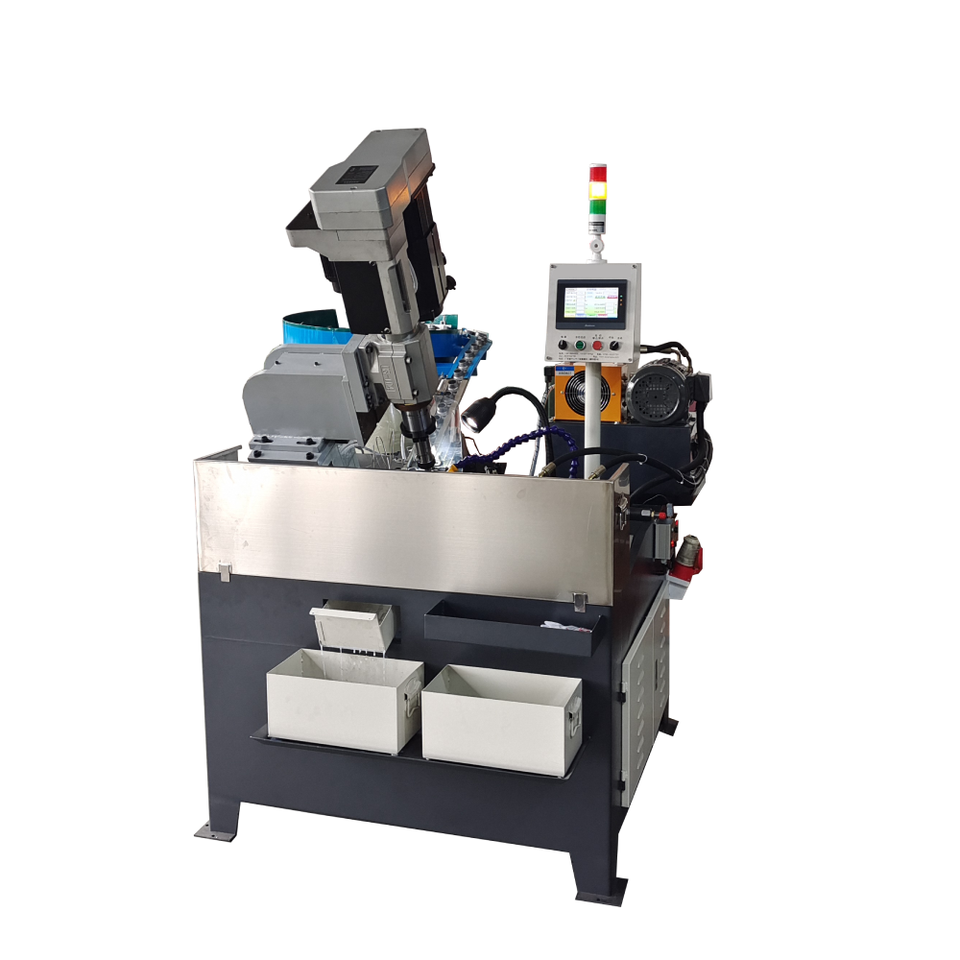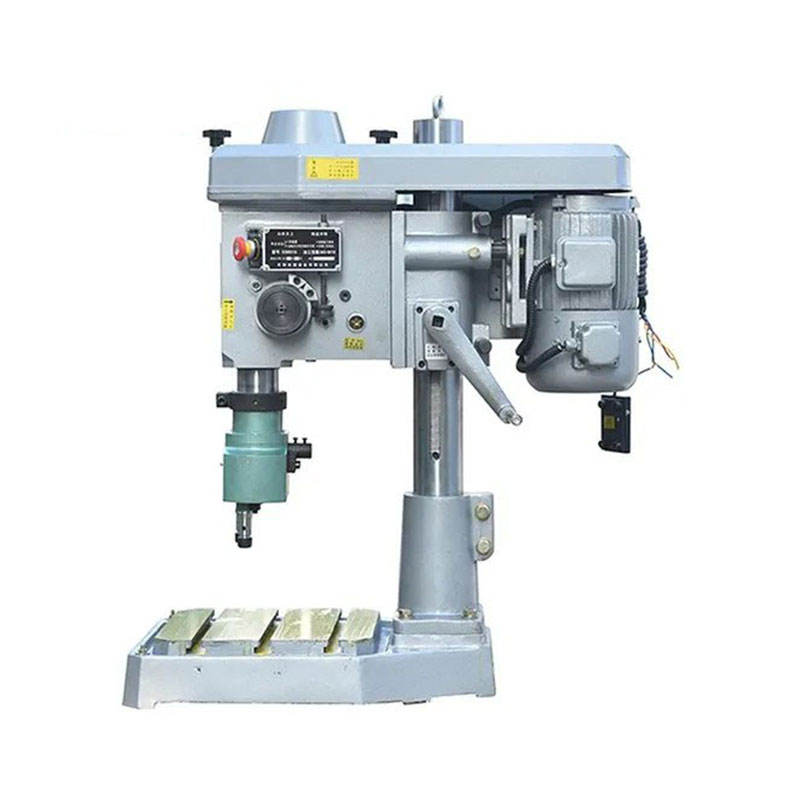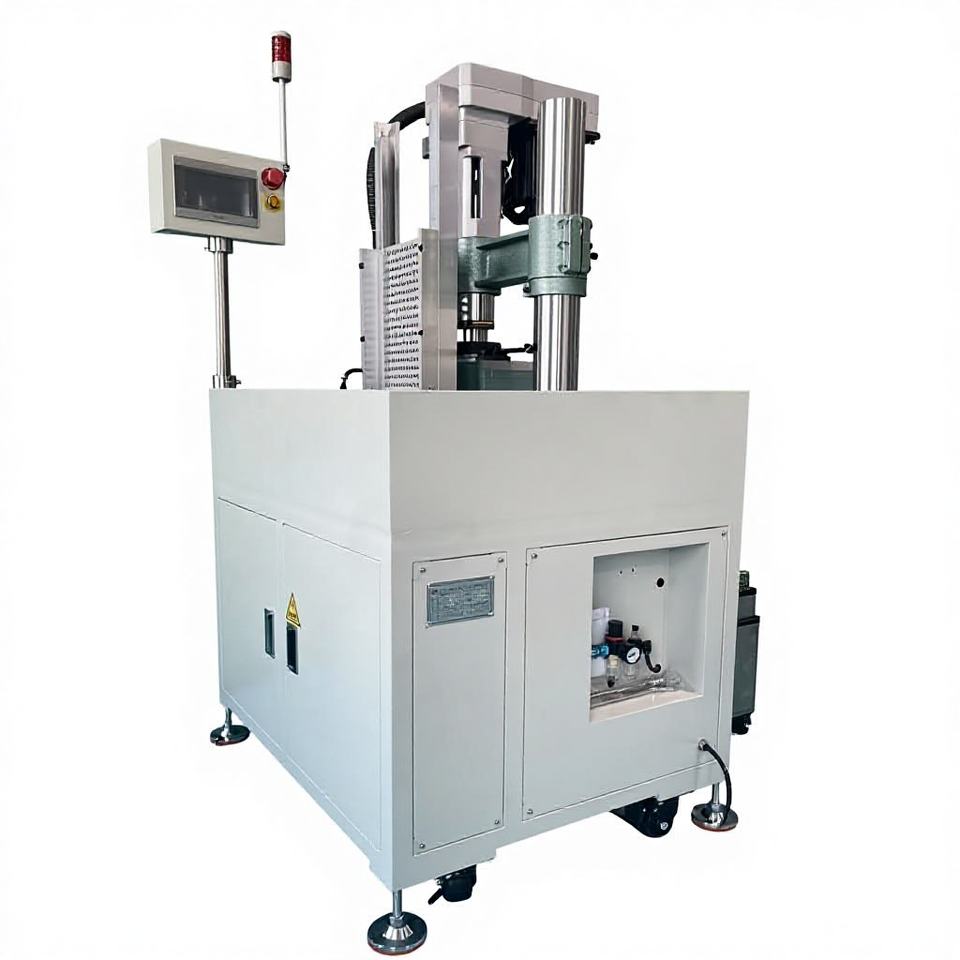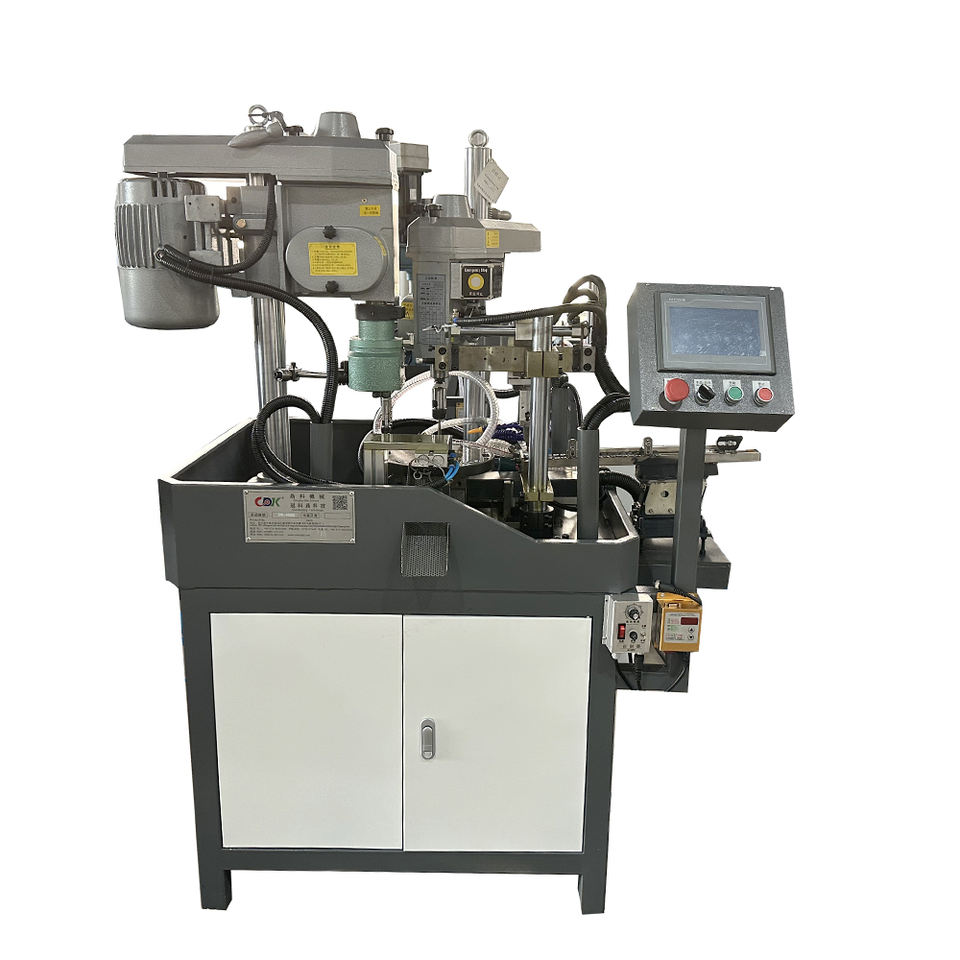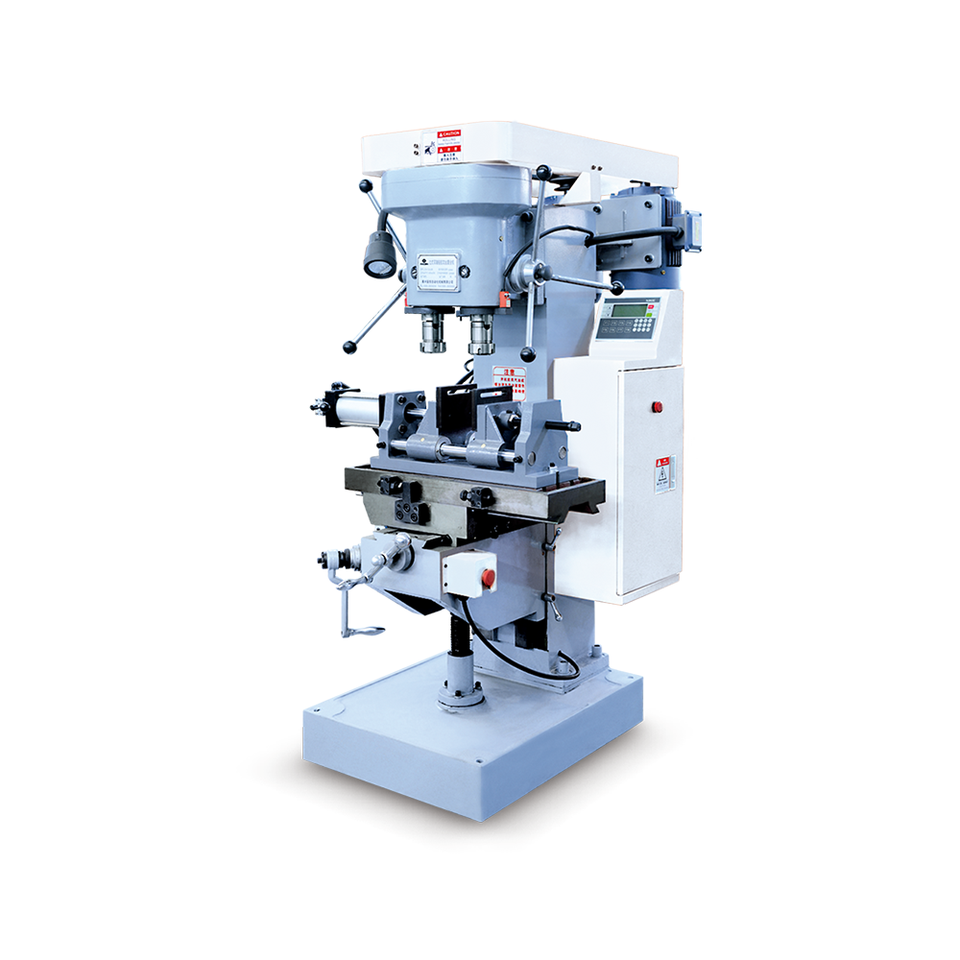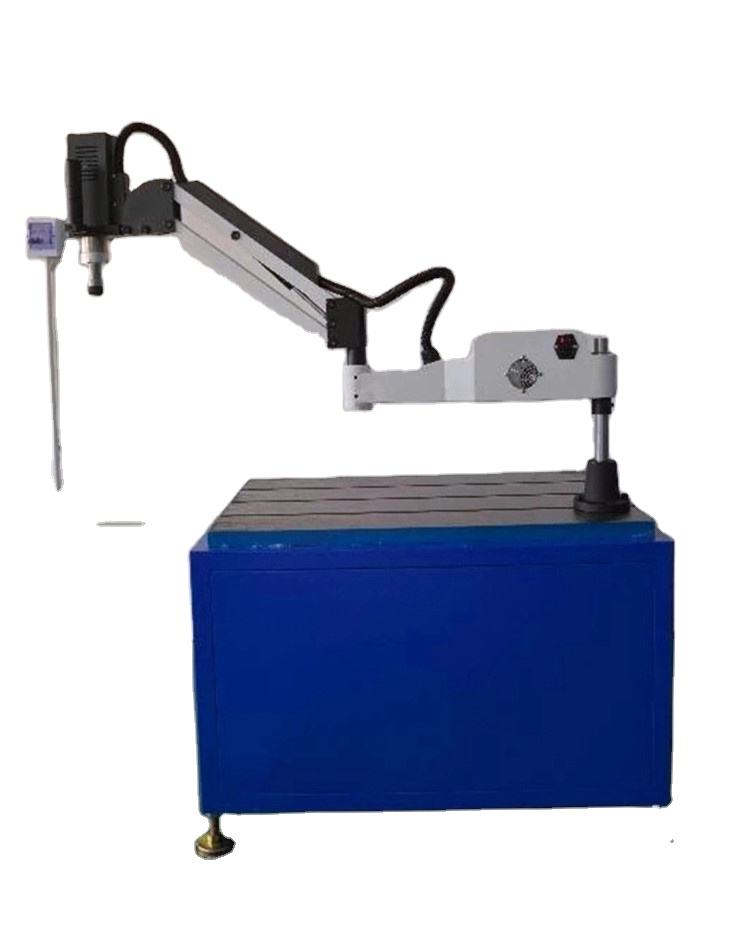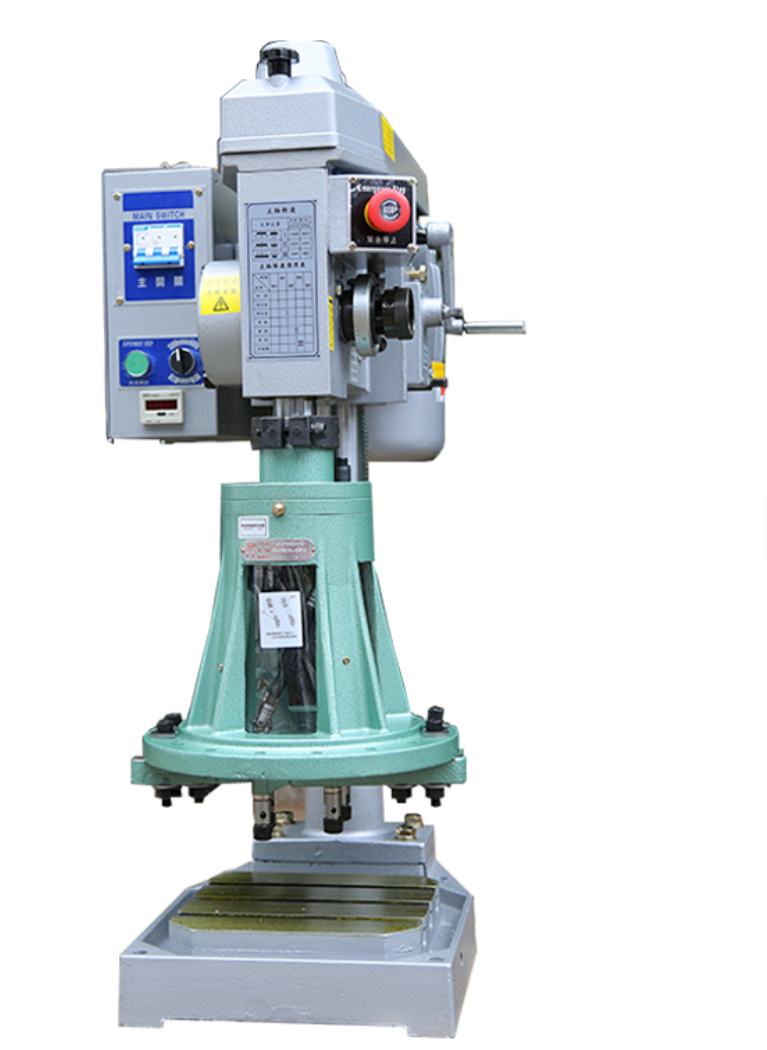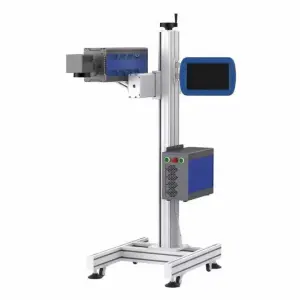B21, China Town Mall, Midrand
Automatic fruit roll up scraping forming drying cutting making processing machine fruit leather production plant line
- Section : Machinery
- Category : Fruit & Vegetable Processing Machines
- SKU : 60834461478

- Shipping Timeframes: All orders are processed within 2-5 business days (excluding weekends and holidays). After your order has been processed, the estimated delivery time is before 20 Apr, 2026, depending on customs, Please note that due to high demand, some items may experience longer shipping times, which will be communicated at order confirmation email.
- Order Processing Time: Please allow 2-5 business days for us to process your order before it is shipped . Orders placed after 16:00 on Fridays, or during weekends and public holidays, will begin processing on the next business day. Processing times may be extended during peak seasons or sales events.
- Manufacturing Time: Some products needs manufacturing time, the manufacturing process will take approximately 10-30 business days depending on the product. This timeframe may vary depending on the complexity of the product and current demand. but this will be communicated with you during order confirmation.
- Returns and Exchanges: We offer a 30-day return policy for most items. If you are not completely satisfied with your purchase, you may return it within 30 days of receipt for a refund or exchange. Items must be unused, in their original packaging, and accompanied by proof of purchase. Return shipping costs are the responsibility of the customer, unless the item was damaged or defective upon arrival.
1. What types of fruit can be processed with this machine?
This machine can process a variety of fresh fruits including mango, pineapple, tomato, berries, apple, banana, fig, papaya, and pear.
2. What is the production capacity of the fruit leather processing line?
The production capacity ranges from 100 kg to 10 tons per hour, depending on the specific configuration and fruit used.
3. What are the main components of the fruit leather production line?
The main components include fruit washing, peeling, pulping, cooking, shaping, drying, and packing systems.
4. Is the machine suitable for small scale production?
While the machine is designed for efficient production, it can be adjusted for small-scale operations depending on your needs.
5. What is the required factory space for this production line?
The machine requires a factory space of about 500 to 1000 square meters to accommodate the entire production line.
6. How is the final product packaged?
The final fruit leather is typically rolled up with greaseproof paper to prevent sticking, then packed in heat-sealed bags for protection.
7. What are the power requirements for operating this machine?
The machine operates on a voltage of 380V, 50Hz or 110V, 60Hz, and power consumption ranges from about 100 to 500 kW.
8. How does the machine ensure the quality of the fruit leather?
The machine follows a consistent batch preparation process, including heating the puree to deactivate enzymes and reduce microbial contamination.
9. What types of materials are used to construct the machine?
The machine is primarily made from food-grade stainless steel, specifically SUS304 or SUS316, ensuring durability and safety.
10. How much water is needed for cooling during processing?
The cooling water consumption ranges from 80 to 3200 cubic meters, depending on the scale of the operation.
11. What types of added ingredients can be used in the fruit leather production?
You can add sugar, citric acid, nuts, coconut, and spices to vary the taste and flavor of the fruit leather.
12. How long does the drying process take?
The fruit leather should be dried overnight in a solar dryer or for about 5 hours in a mechanical dryer until a final moisture content of 15-25% is reached.
13. How do I clean the machine after use?
All equipment must be thoroughly cleaned each day to prevent contamination by insects and microorganisms.
14. What are the safety precautions when handling fruit, especially pineapple?
Wear gloves when handling pineapple to avoid skin irritation, and ensure all fruits are ripe and free from bruising to maintain quality.
15. Can I store the fruit puree for later processing?
Yes, semi-processed fruit puree can be stored in sealed drums for several months with the addition of sulfur dioxide to prevent microbial growth.
Latest Order Arrivals
Discover our latest orders
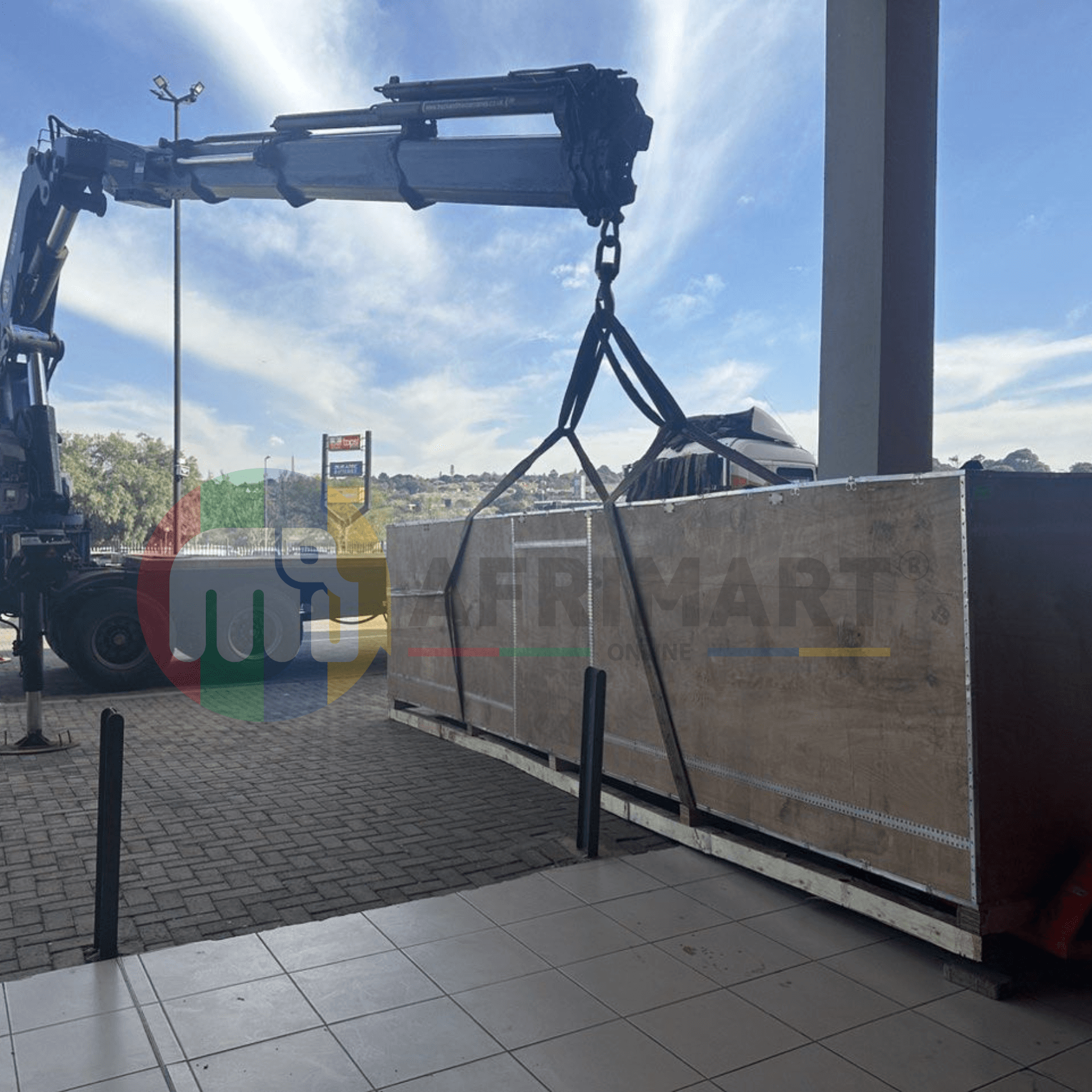
12 Heads Embroidery Machine
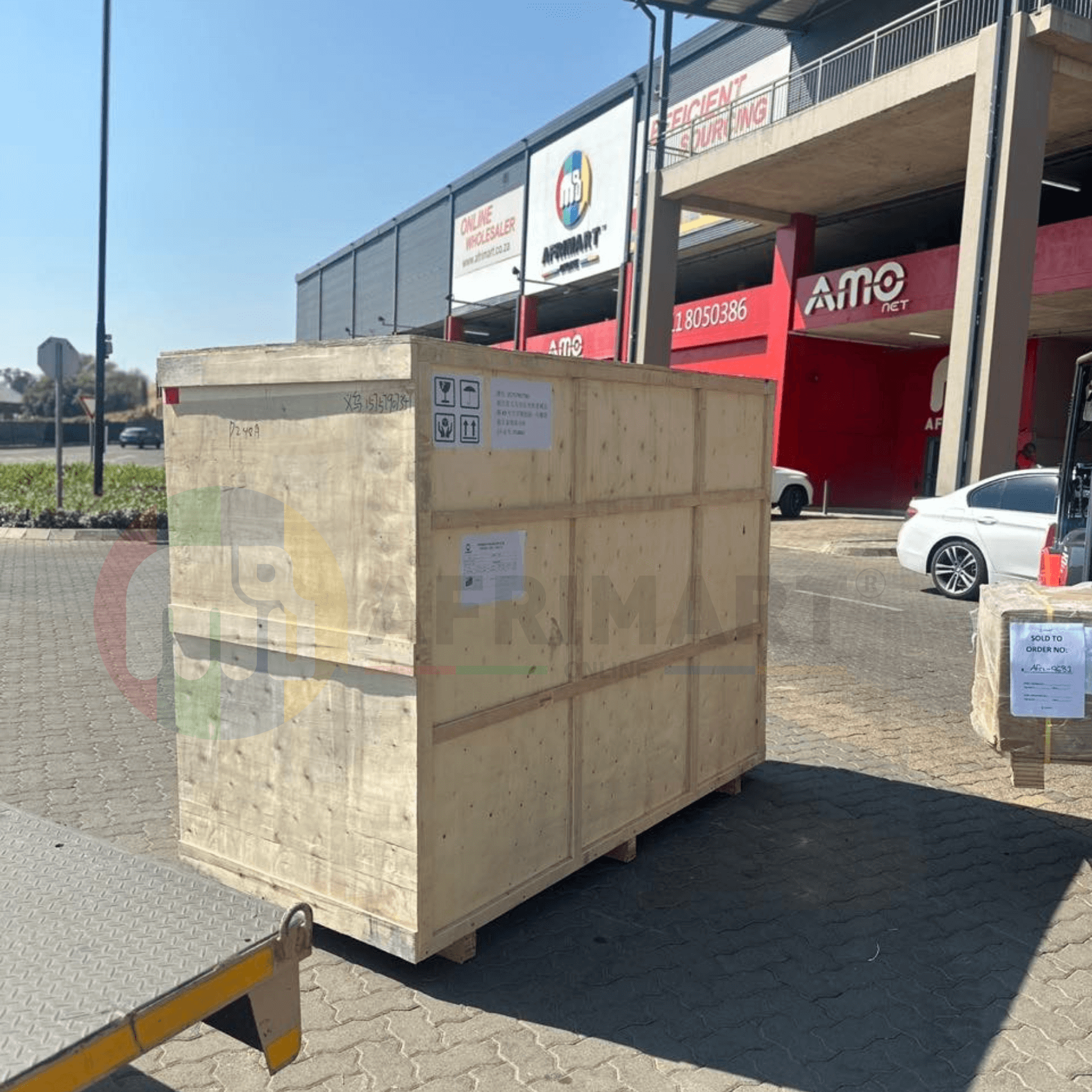
Dewatering Pump Machine

Order Collection
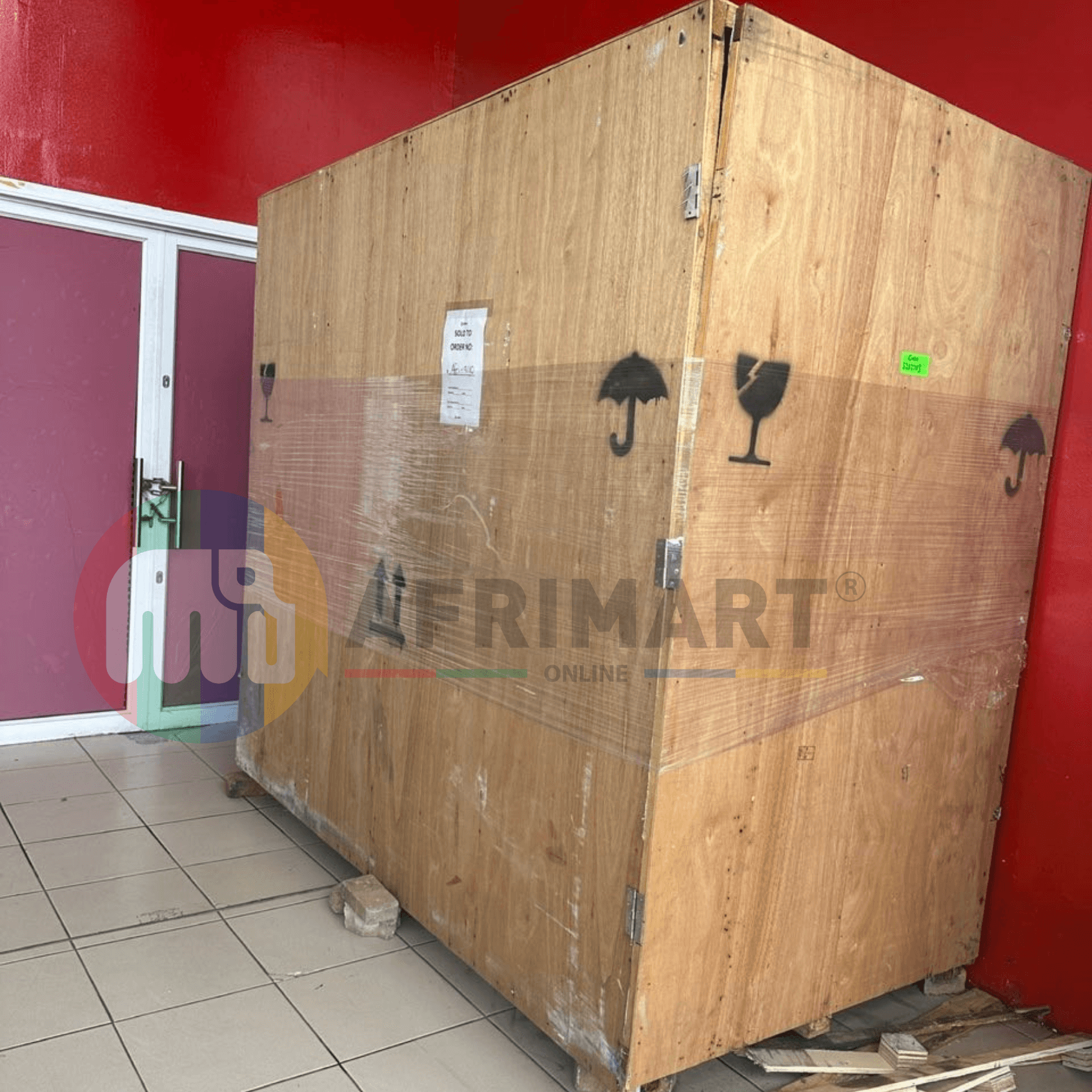
Portable Water Drilling Rig
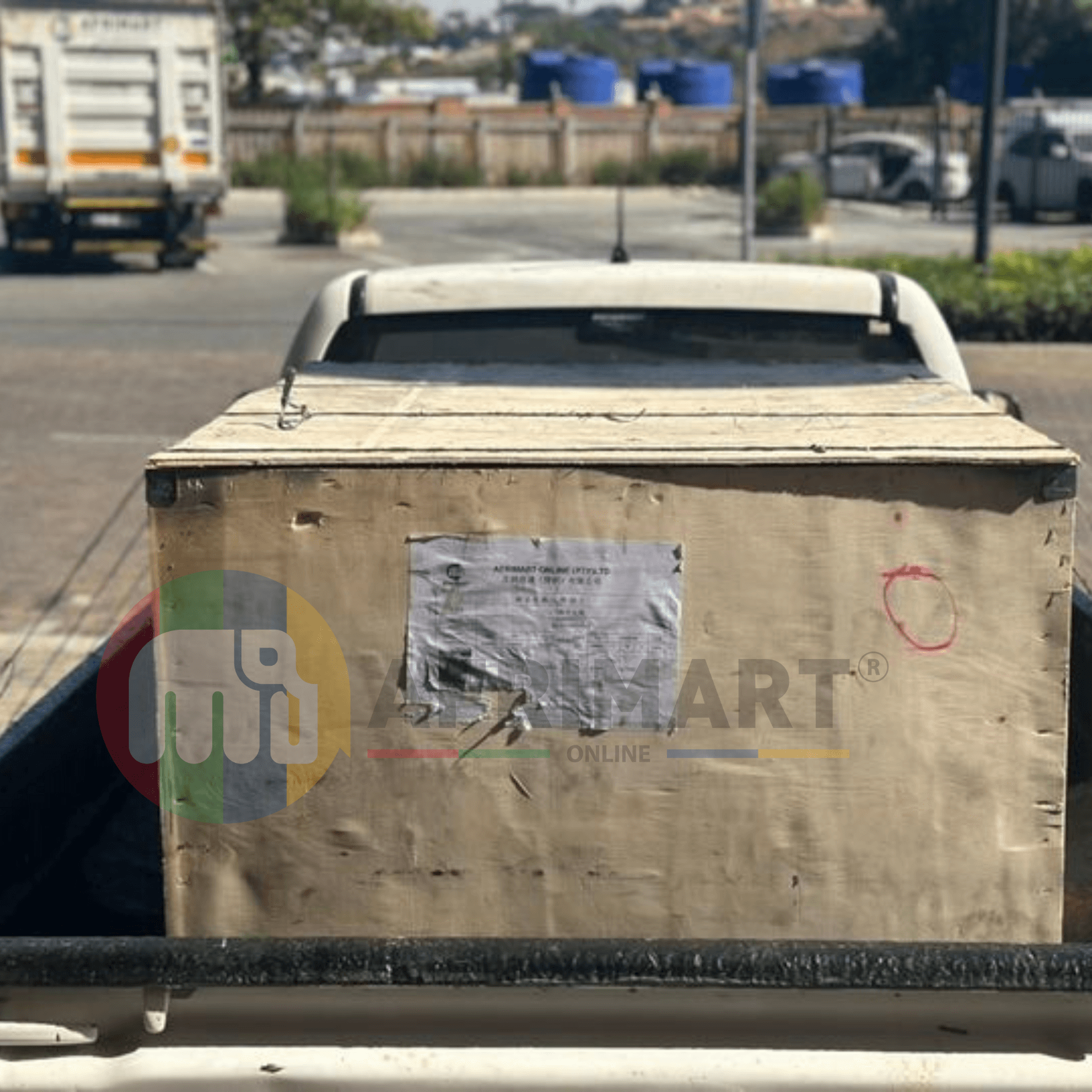
Order Usefully Collected
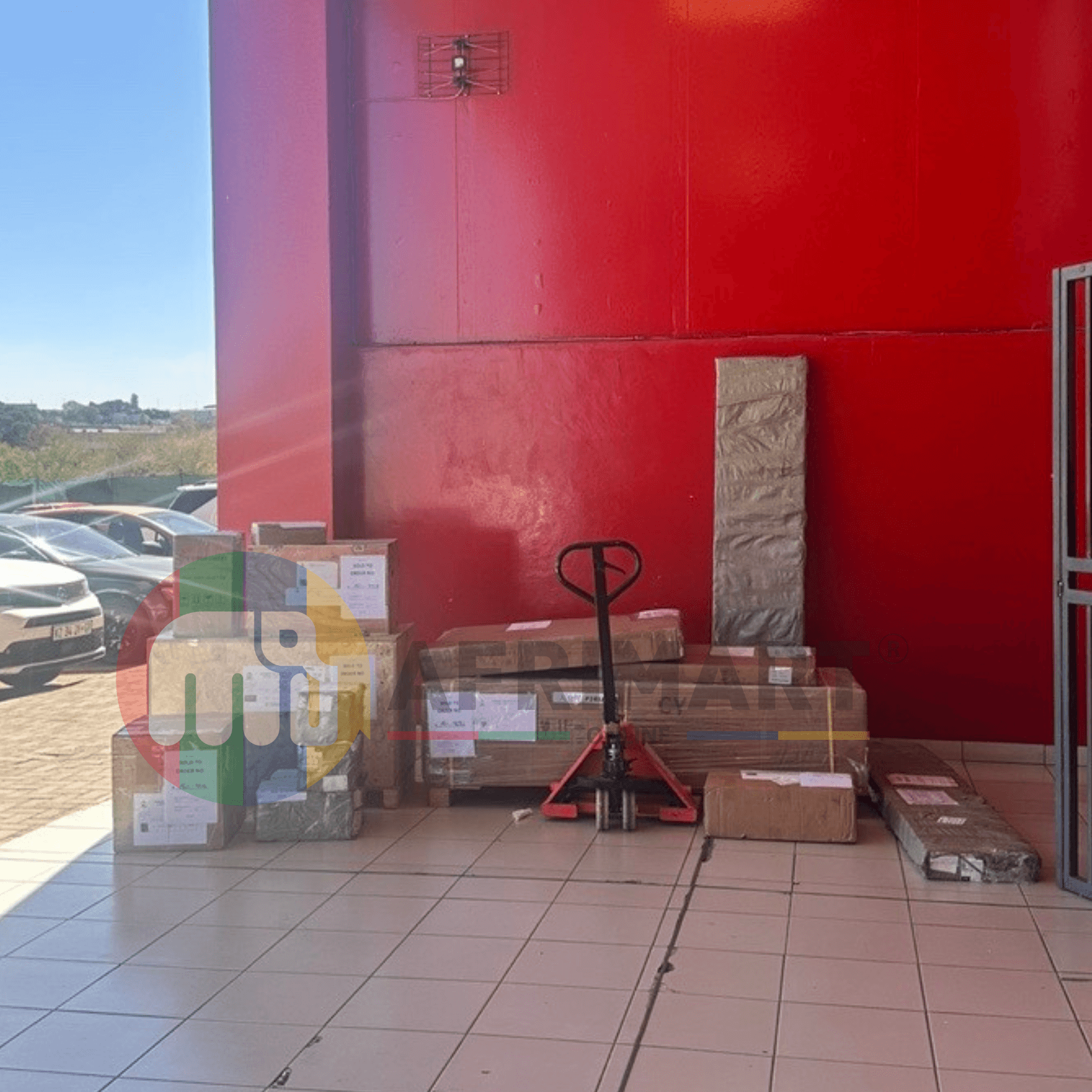
Batch of Orders
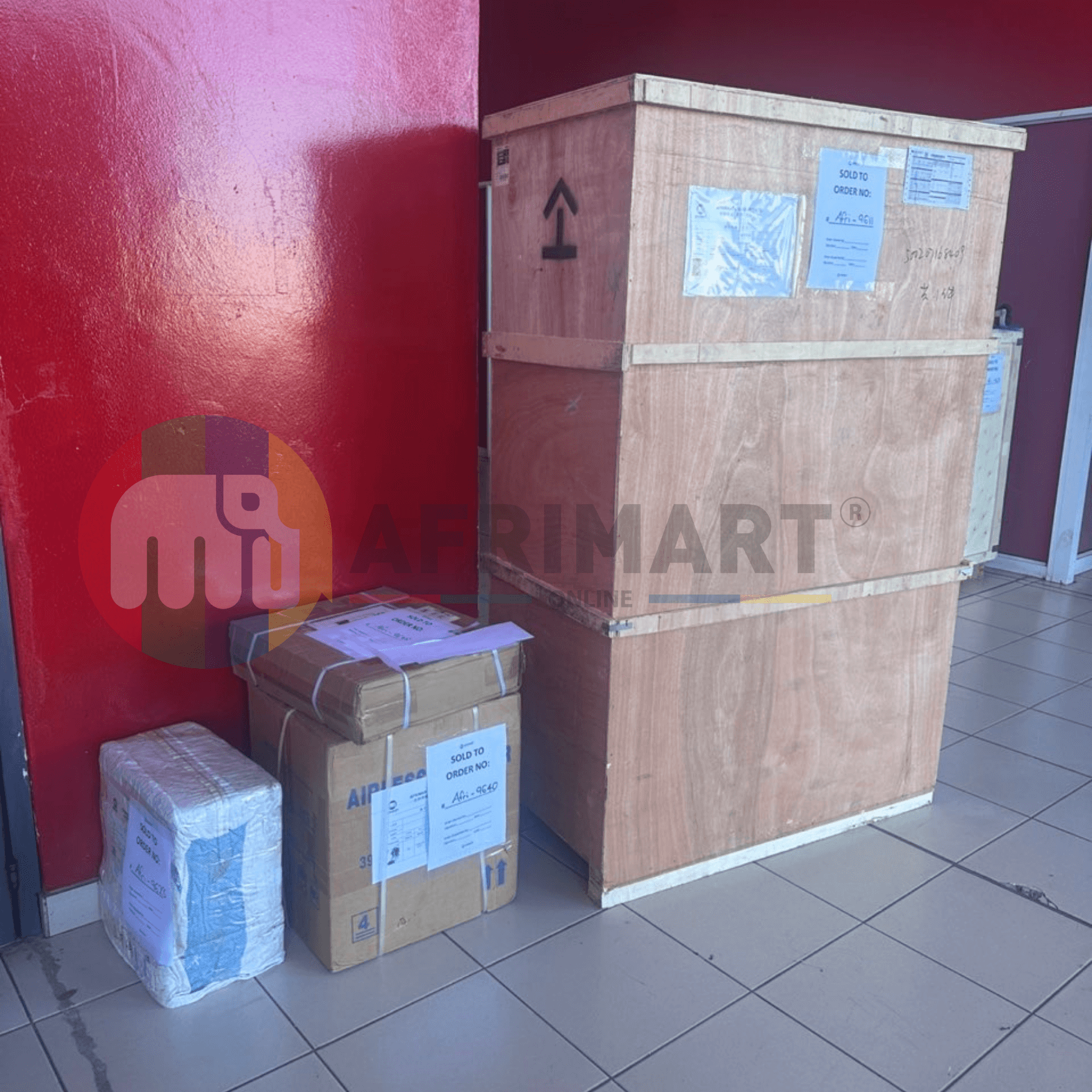
Agriculture Processing Machines
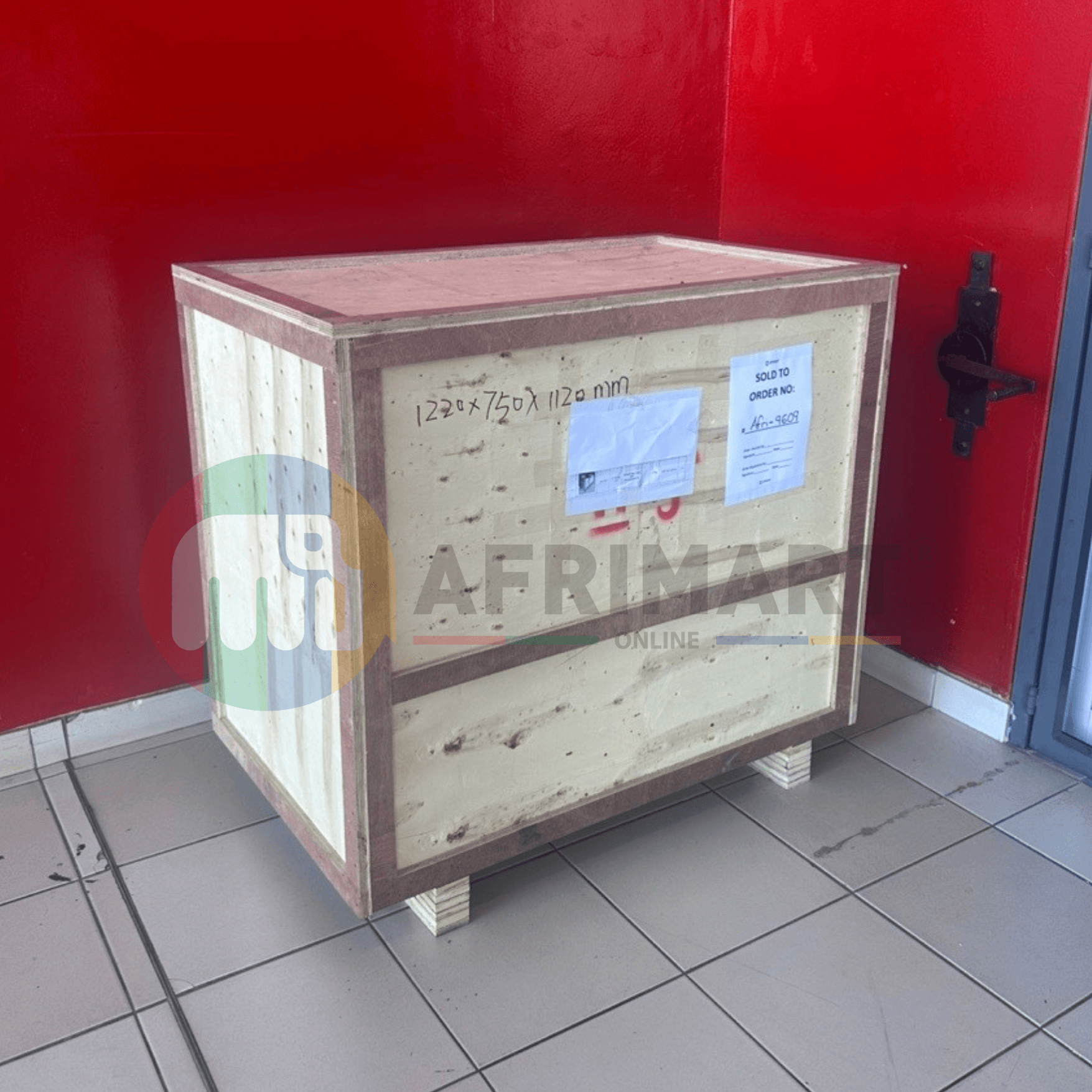
Meat Grinder Machine
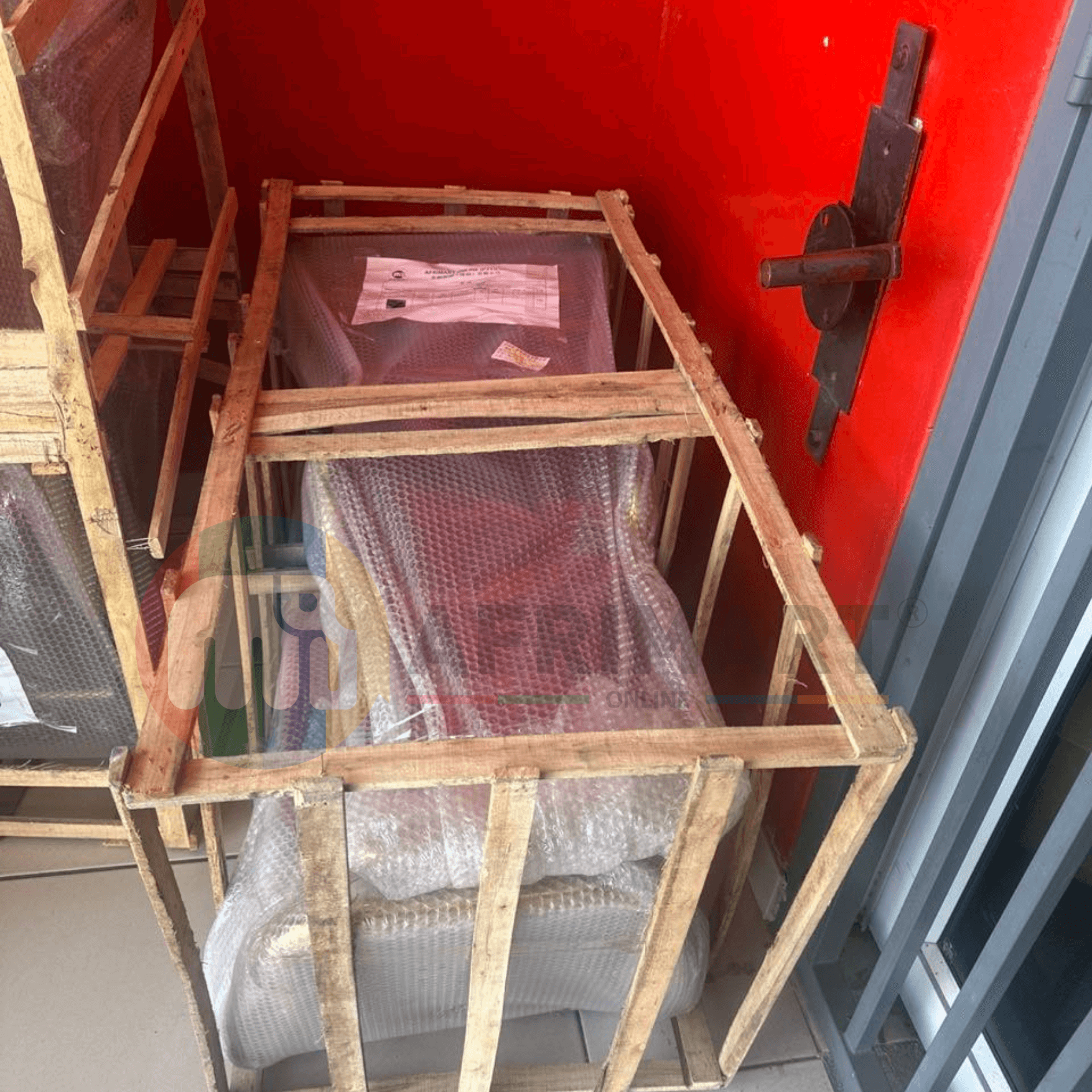
Water Pump Equipment
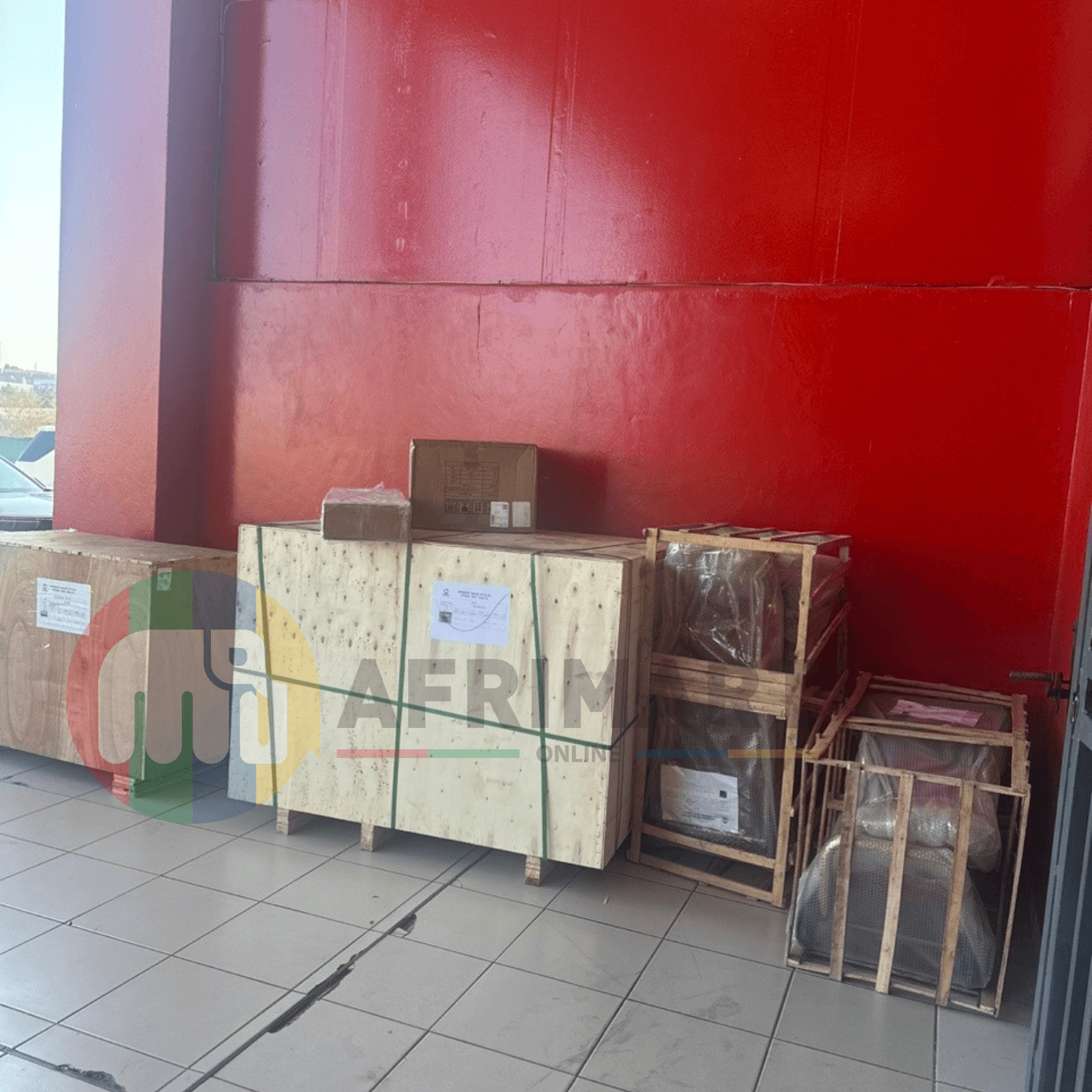
Packaging Machine and accessories
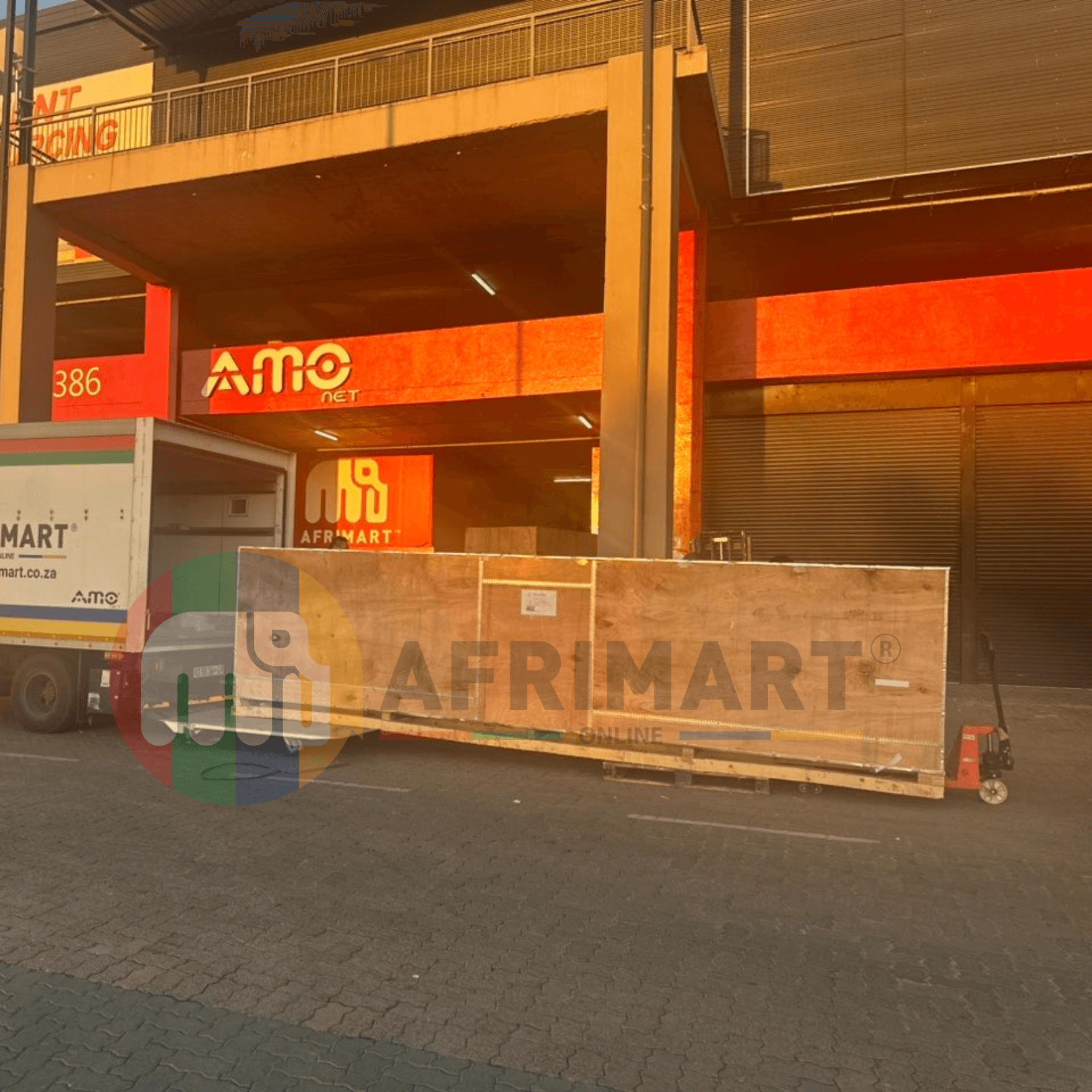
Fabrics Manufacturing Equipment

Mining Equipments

Food Processing Machine
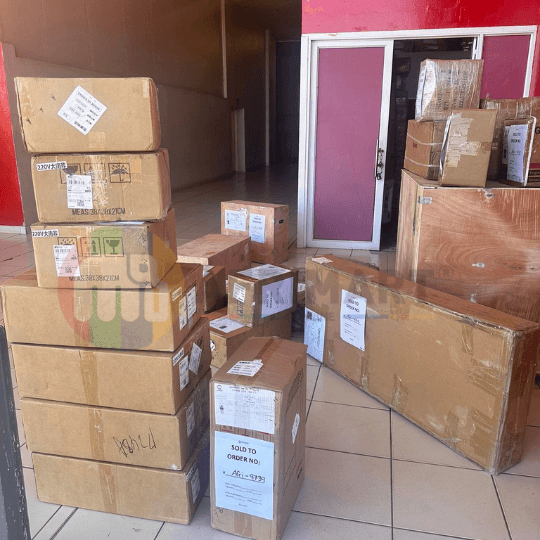
Batch of Orders
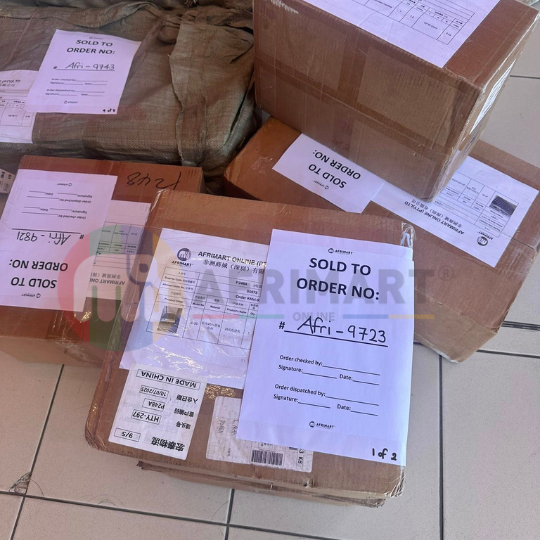
Batch of Orders
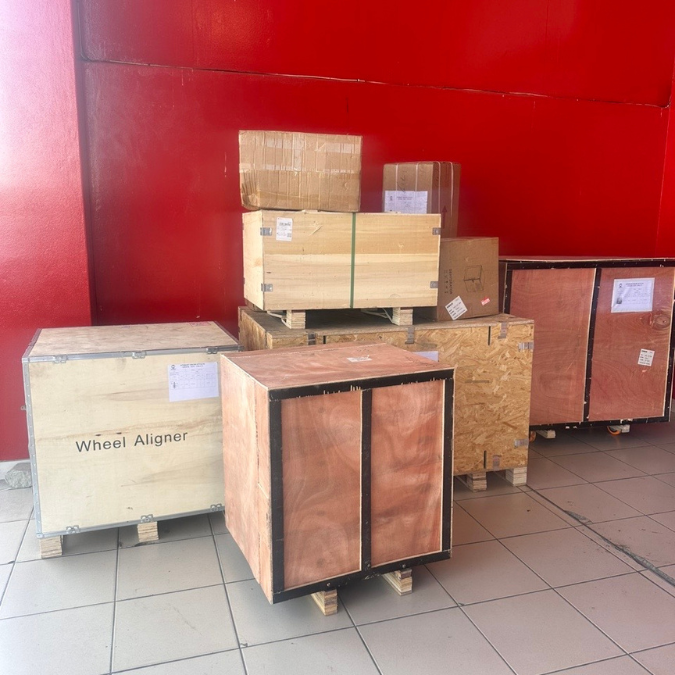
Latest Orders Labelled
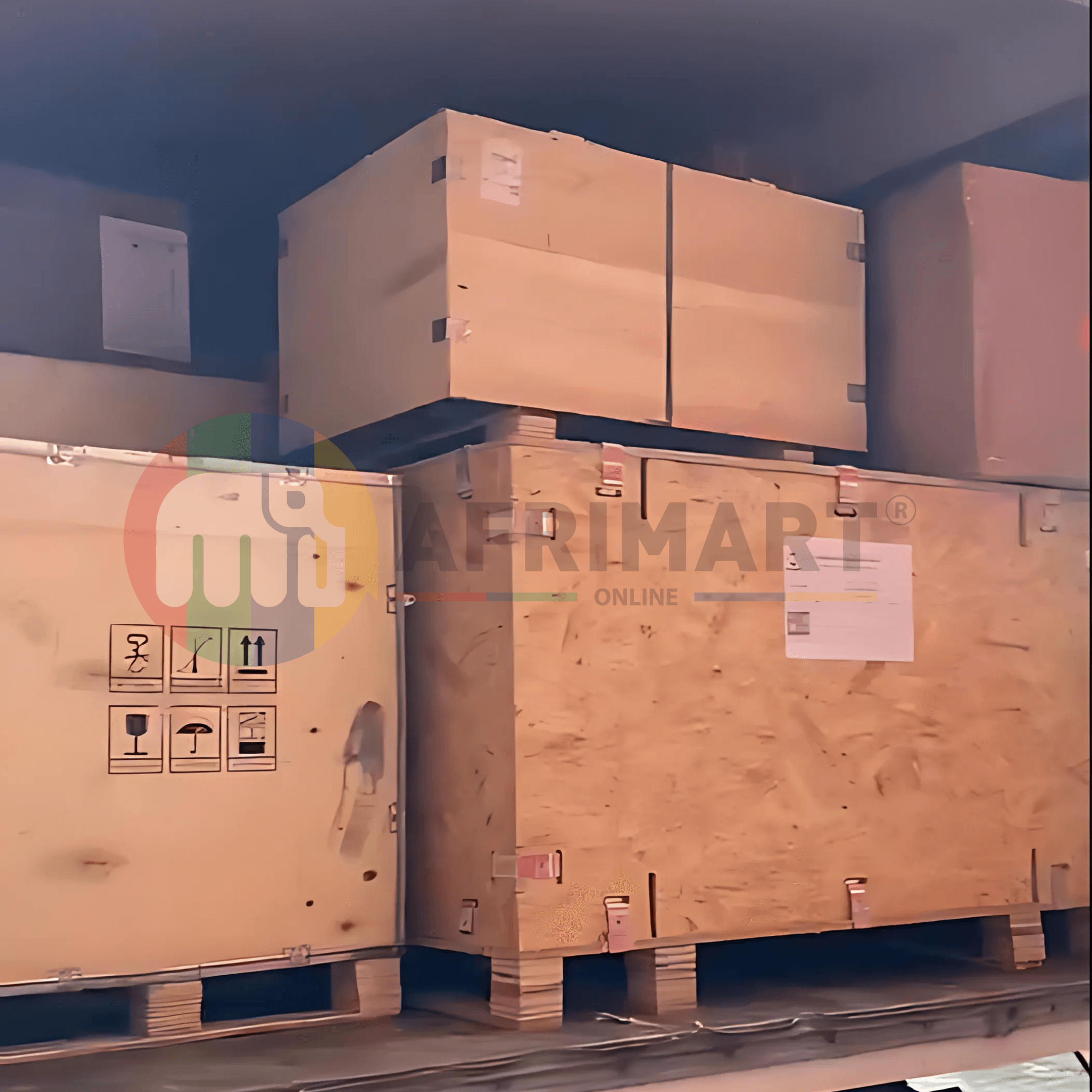
wheel alignment machines
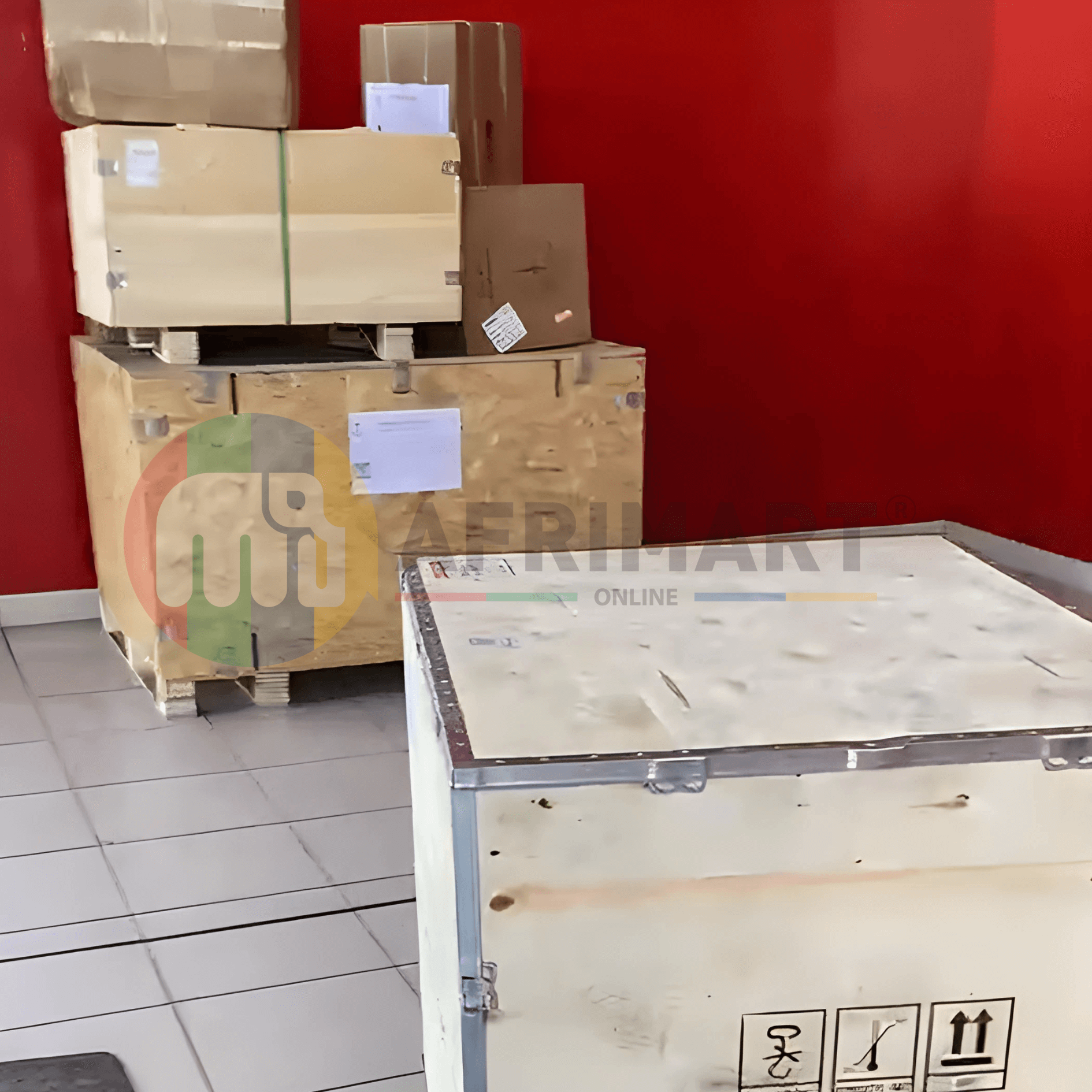
new arrivals
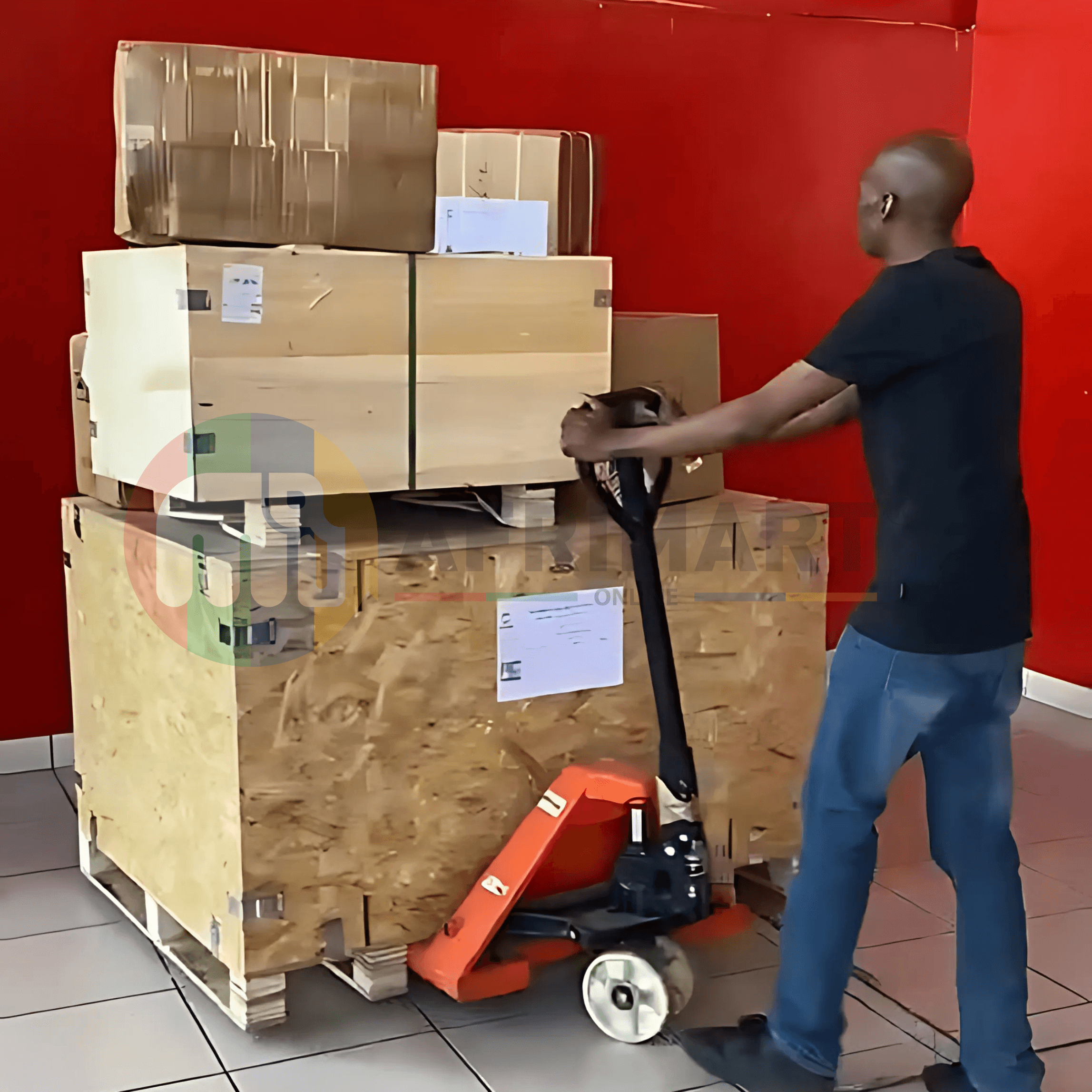
Pre Orders Offloading
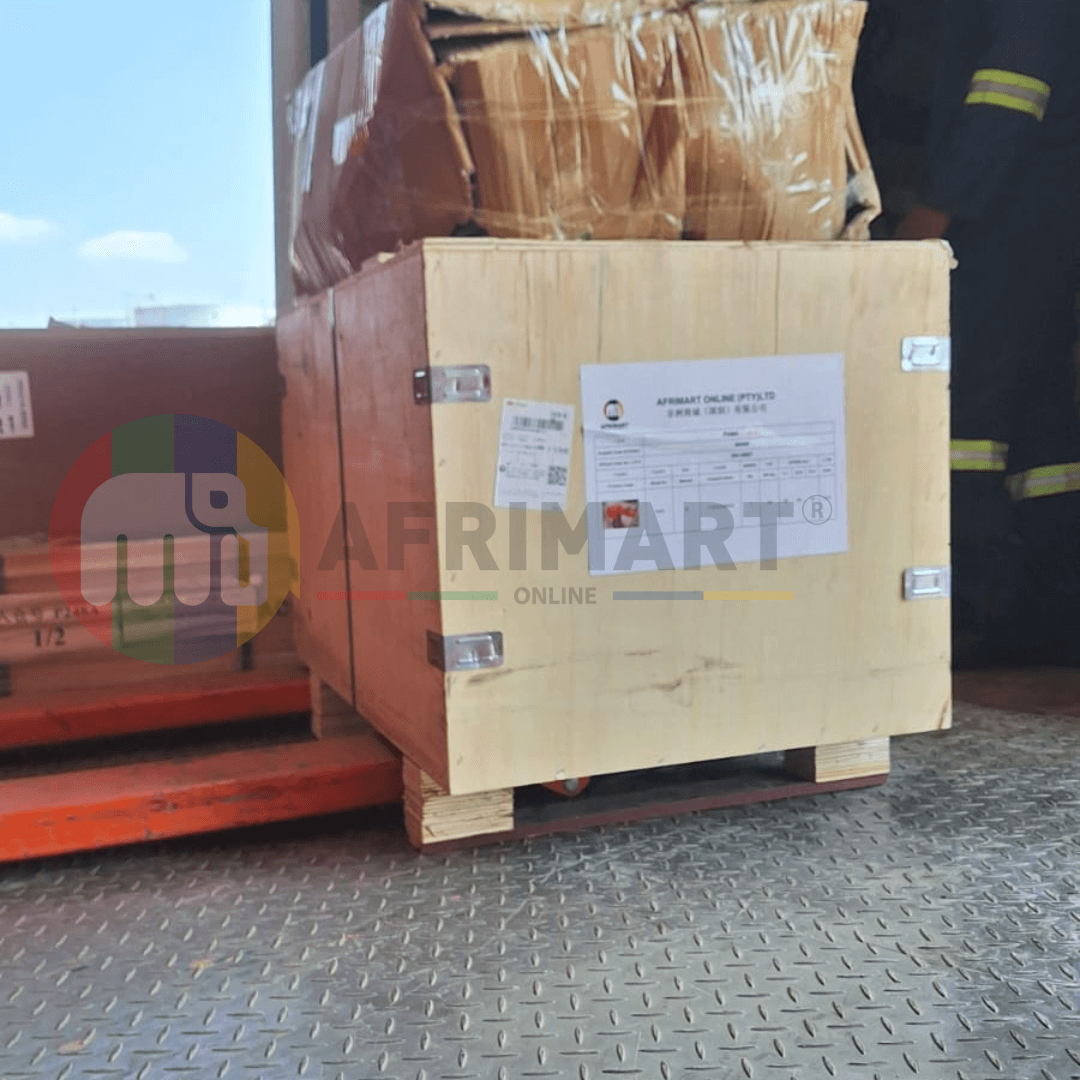
Latest Arrivals
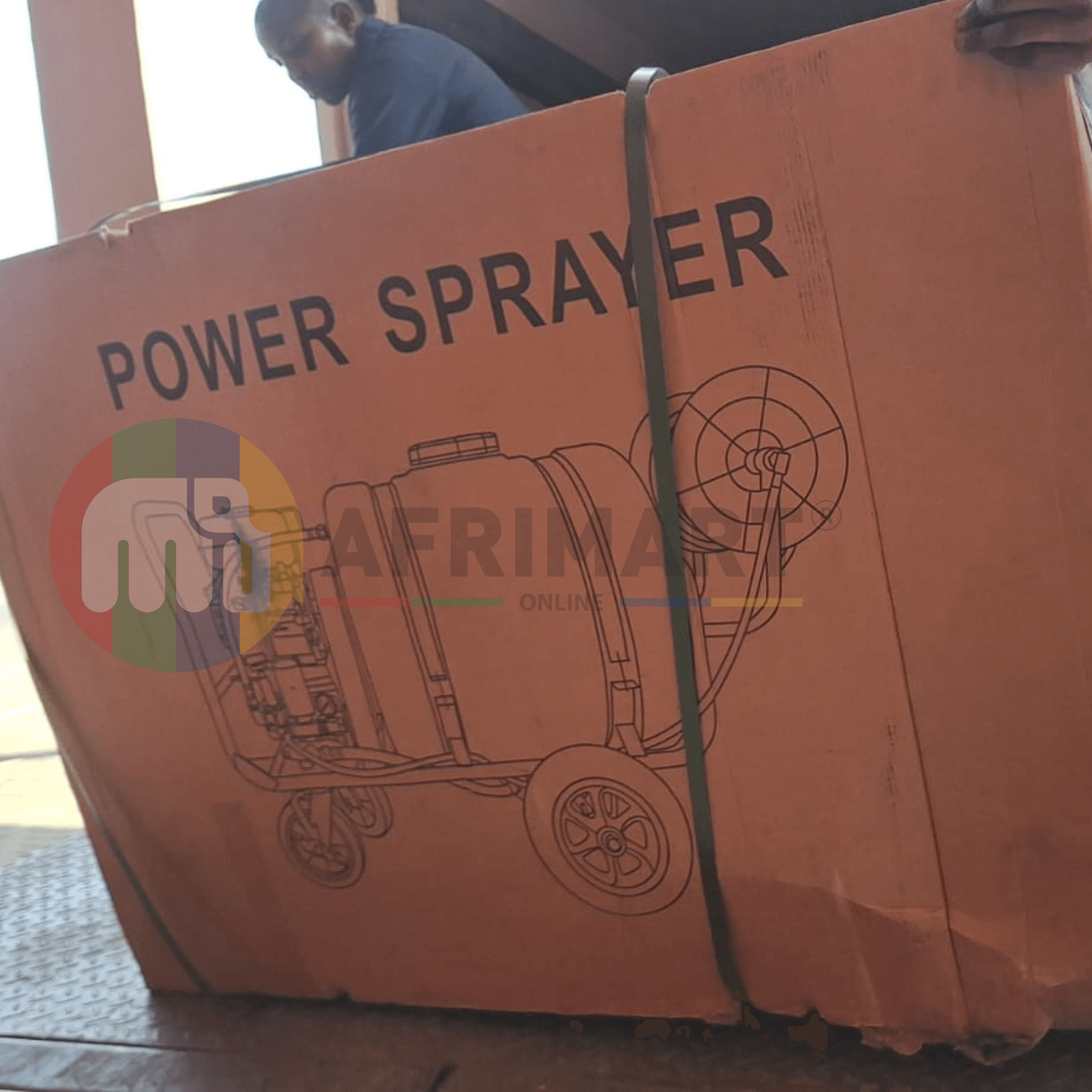
Latest Arrivals
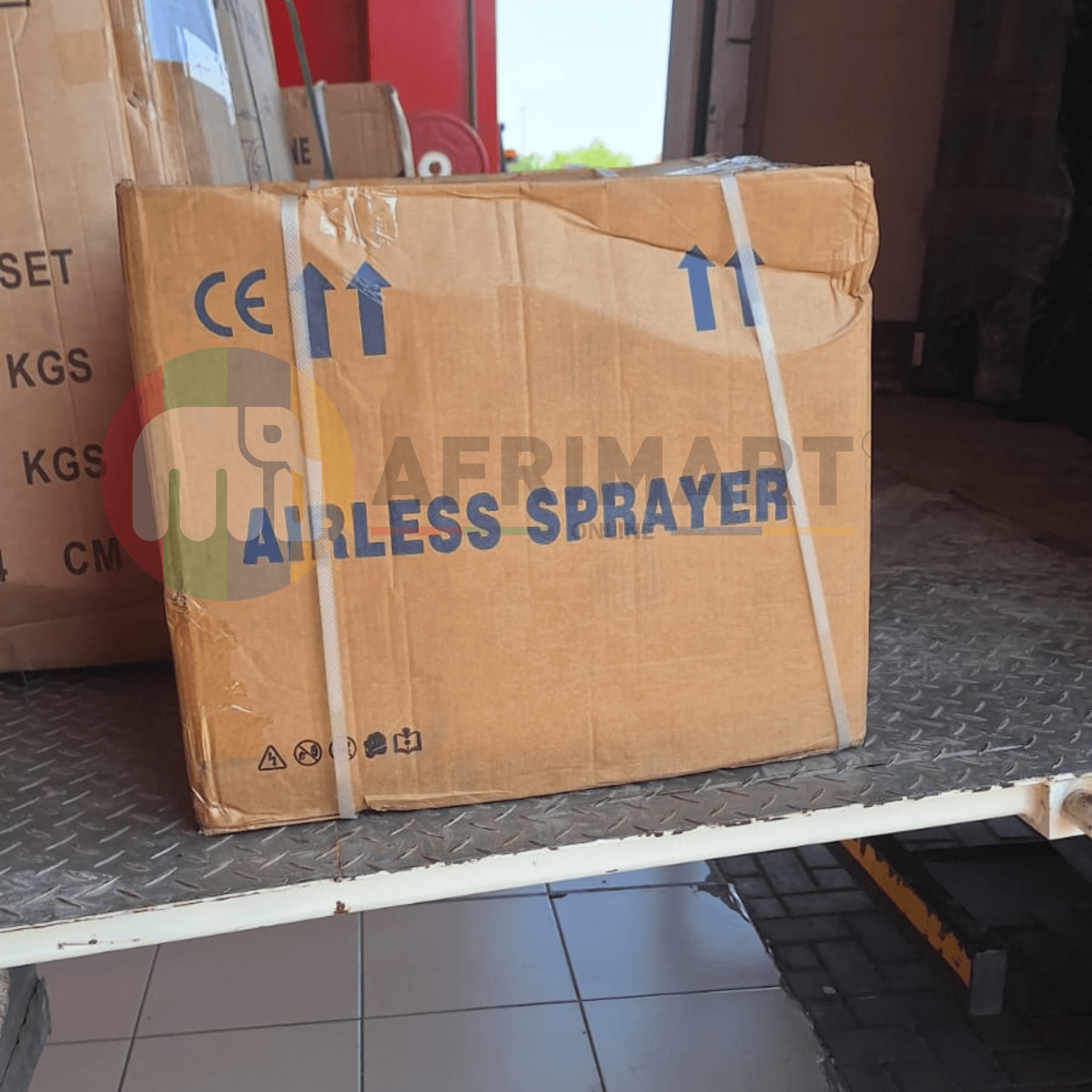
Latest Arrivals
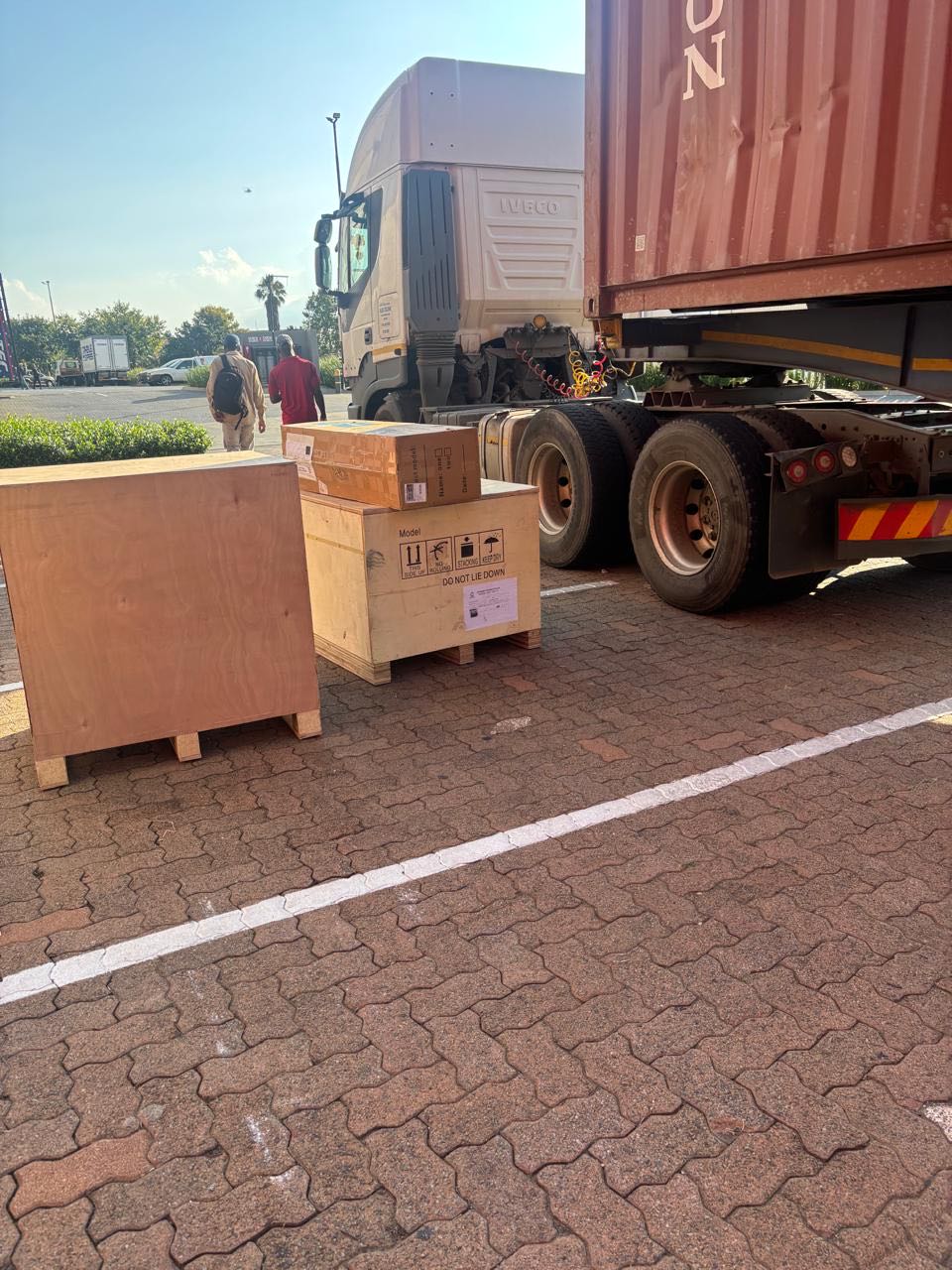
26 January 2026
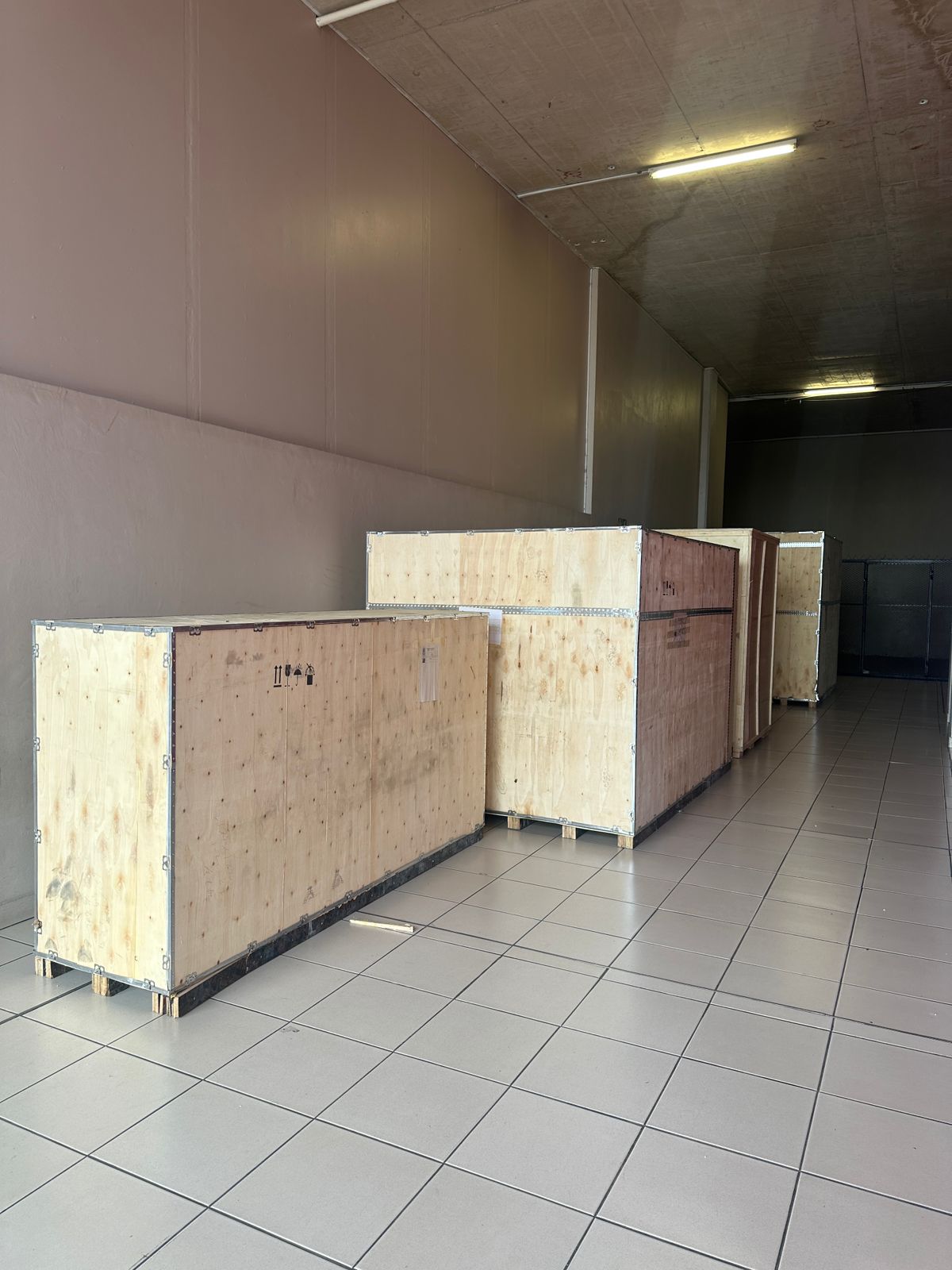
Toilet paper making machine
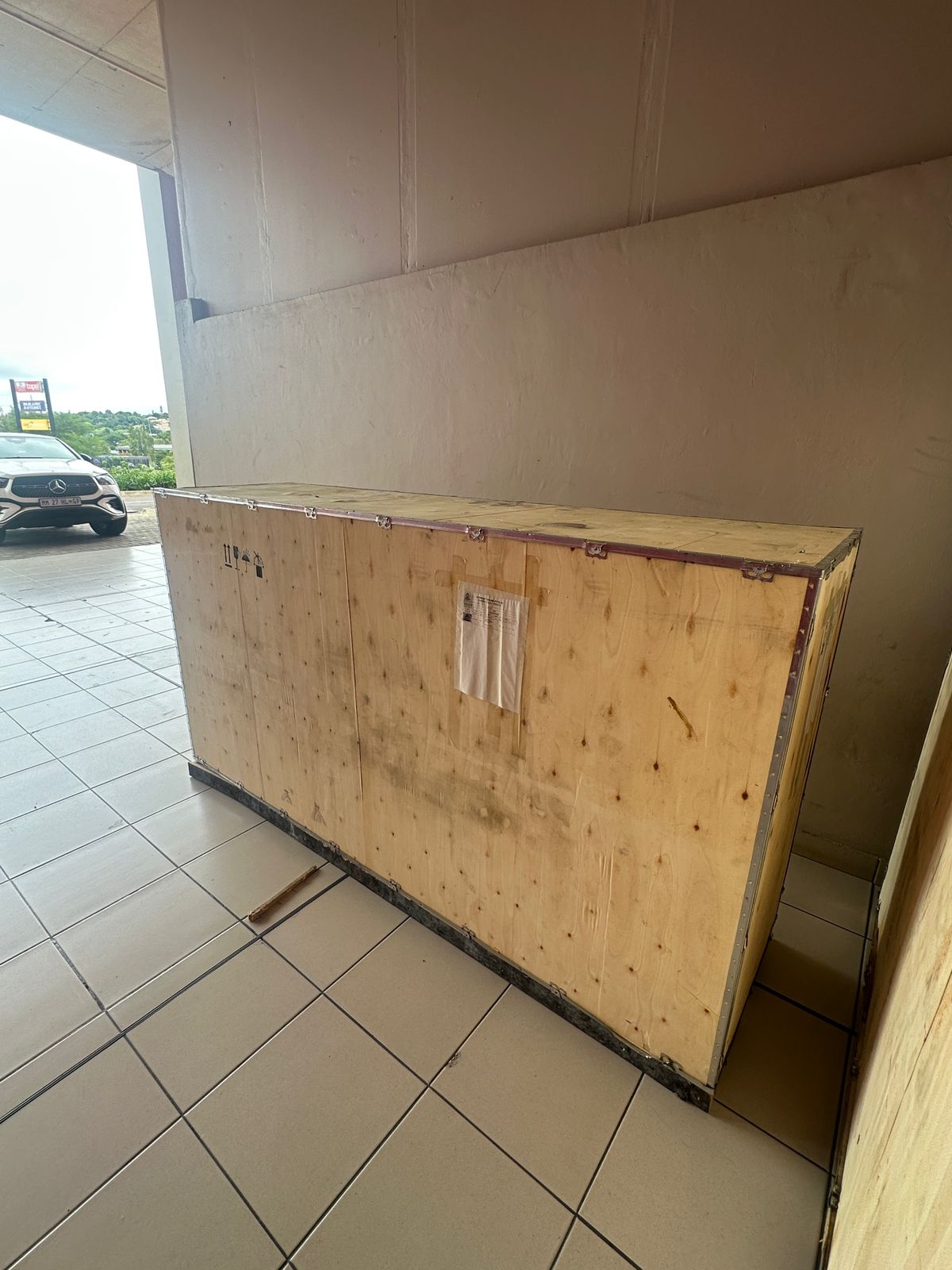
Toilet paper making machine
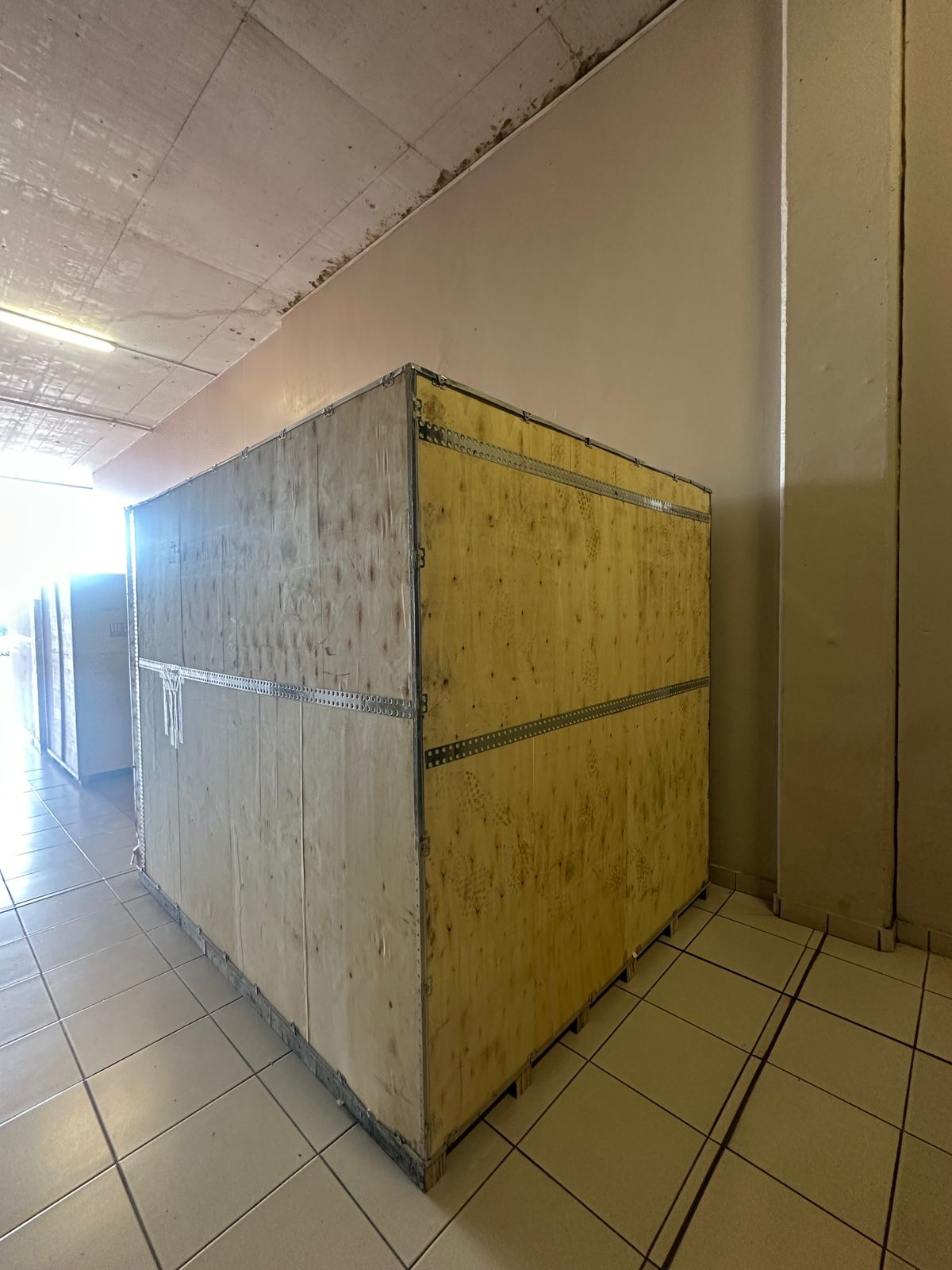
Toilet paper Rewinding Machine
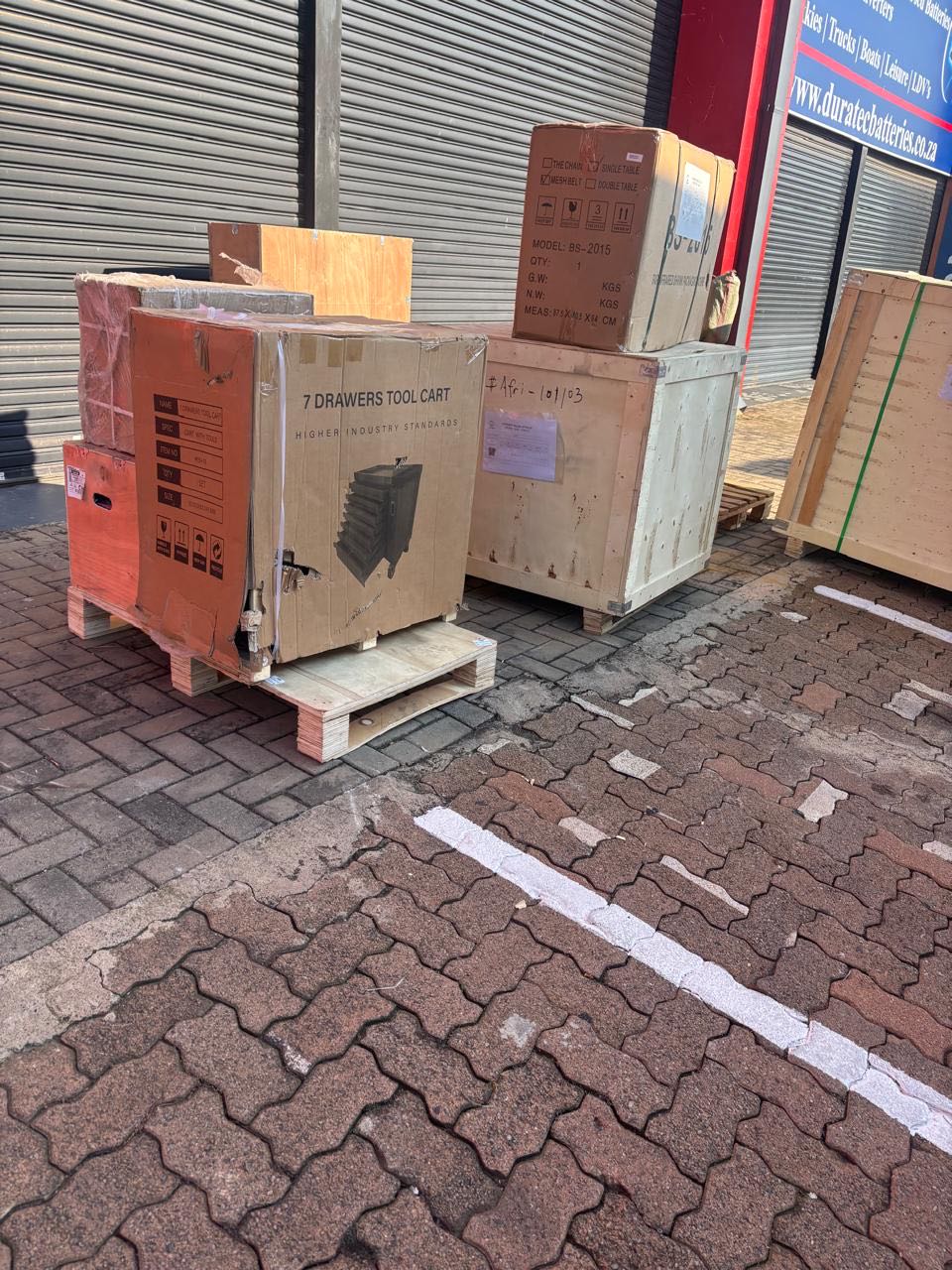
latest arrivals
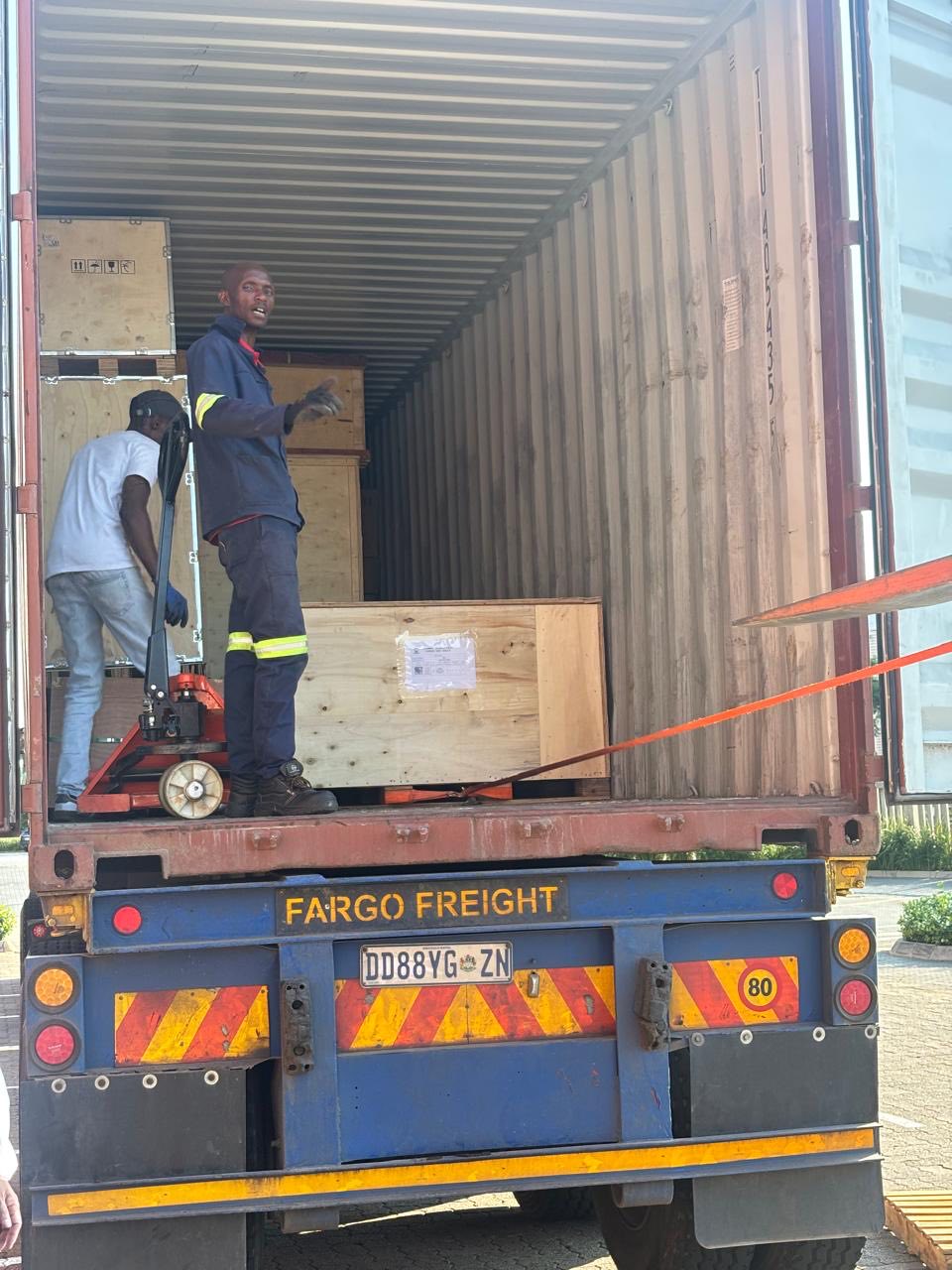
offloading
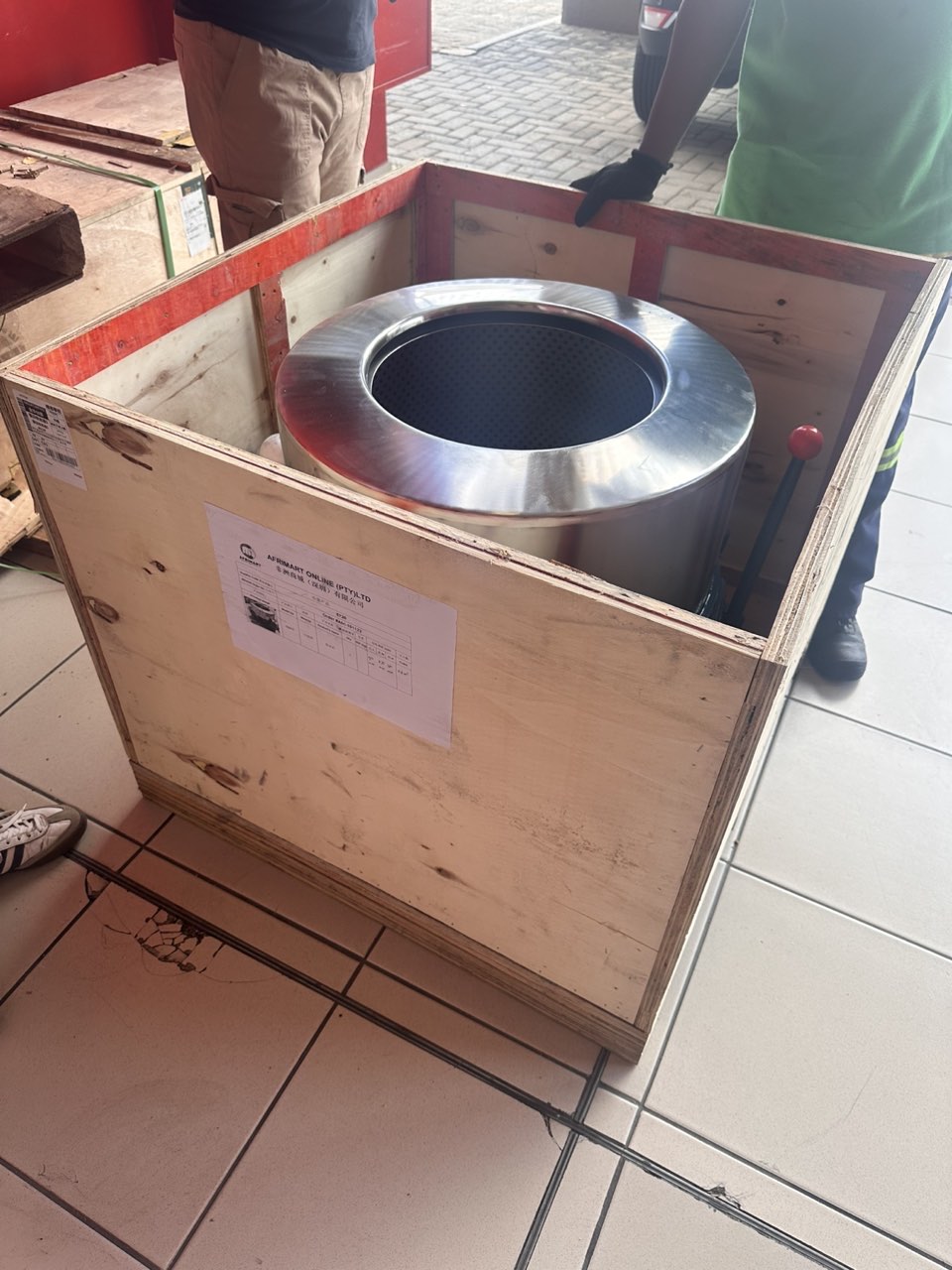
order success

order collection
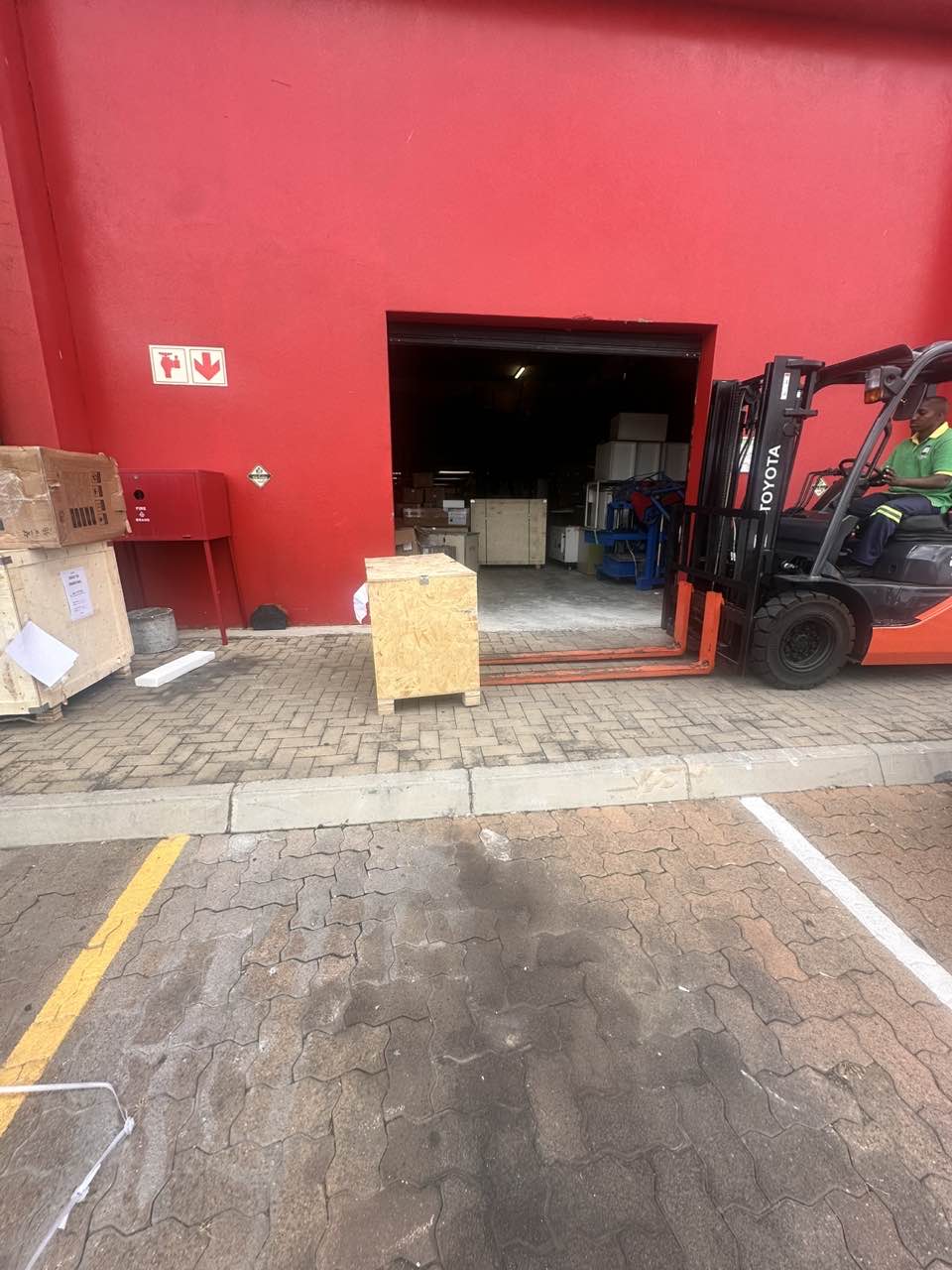
order offloading
